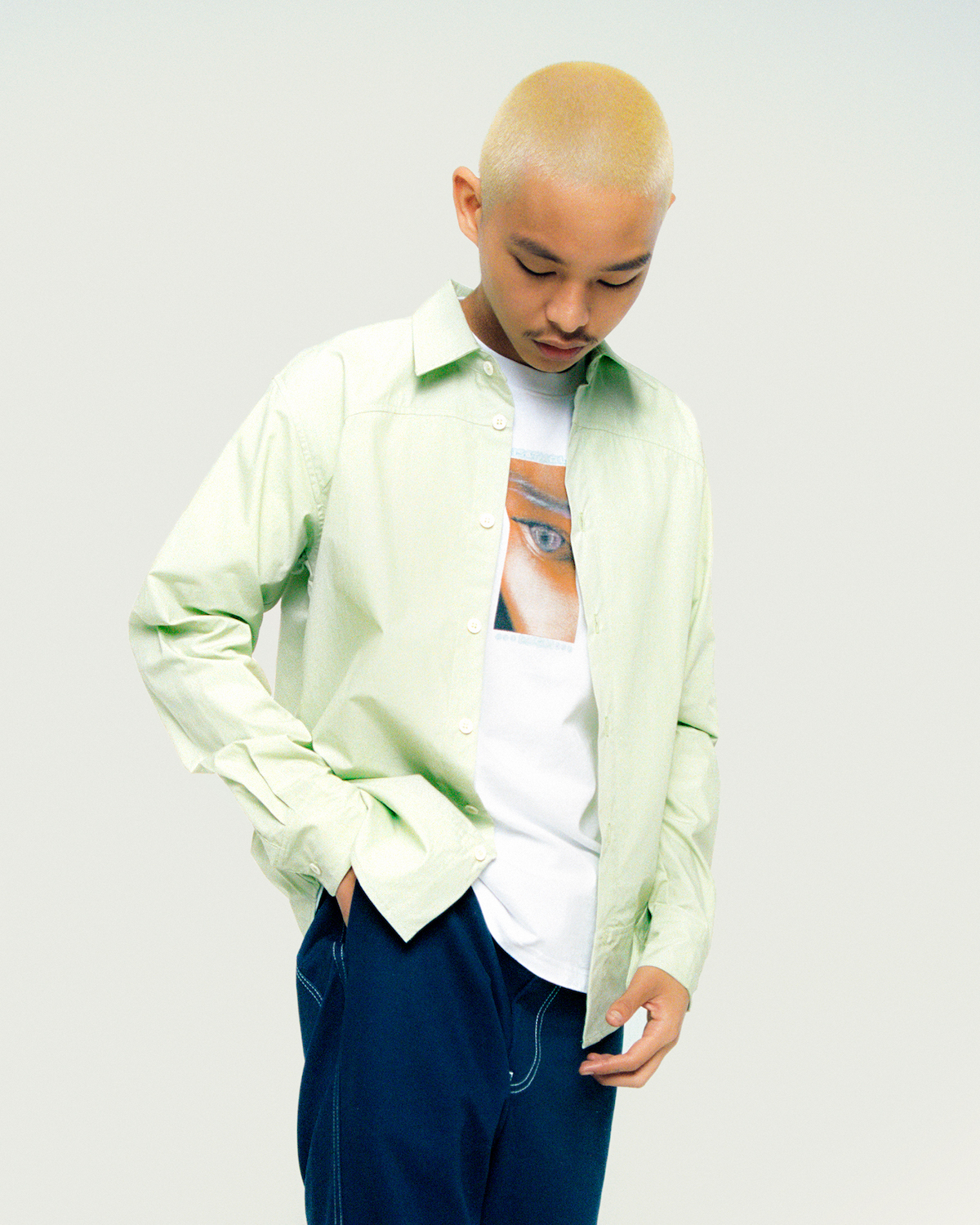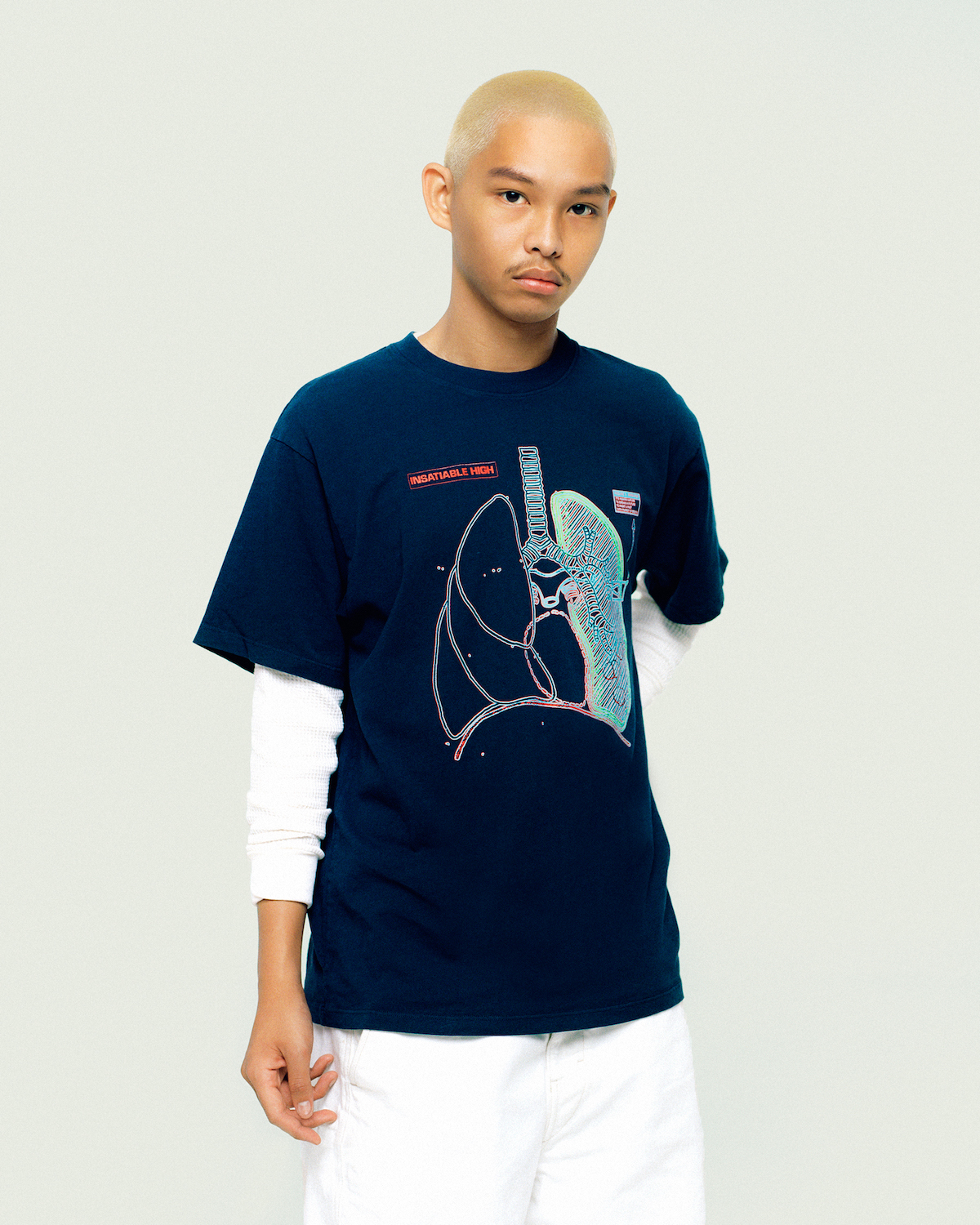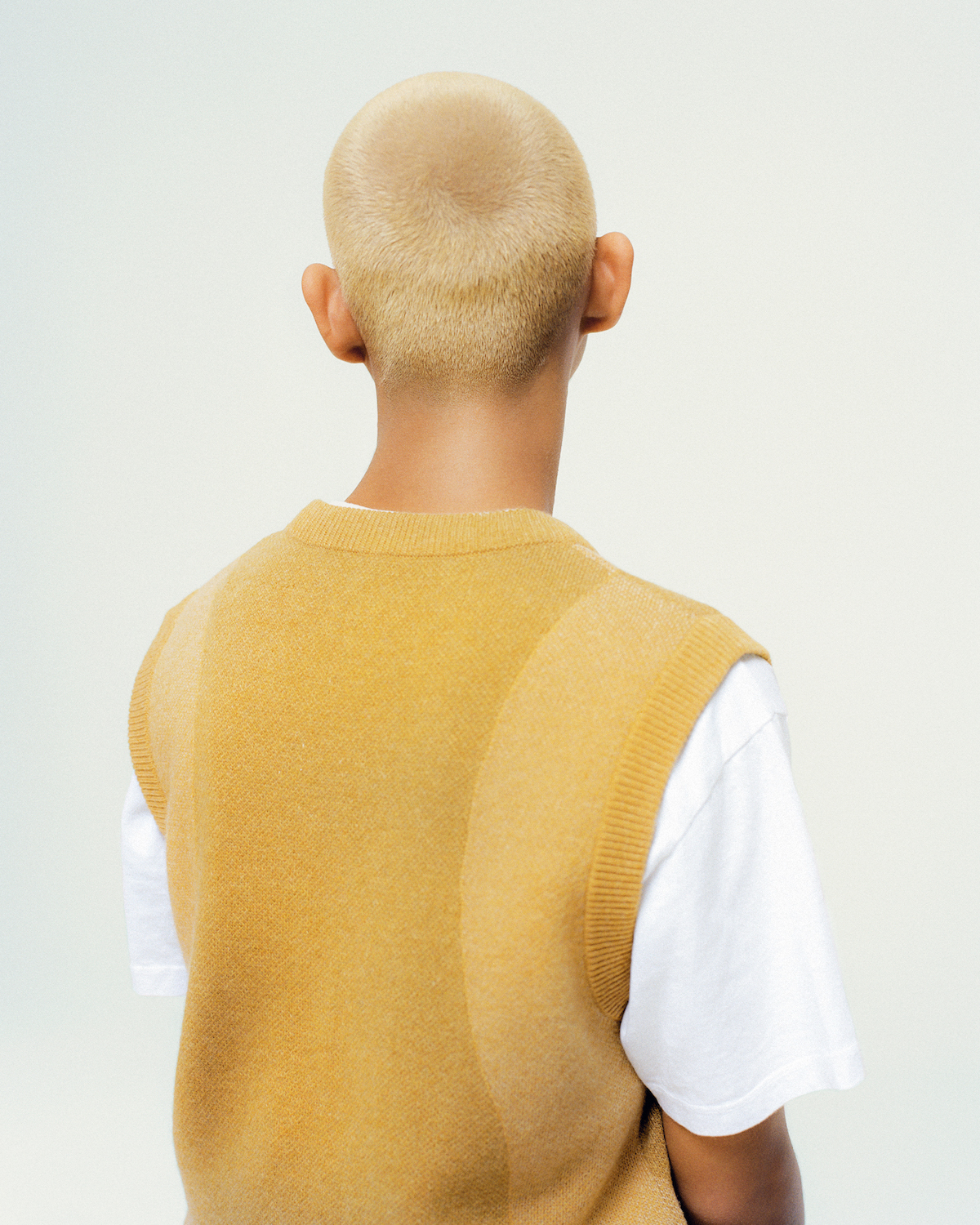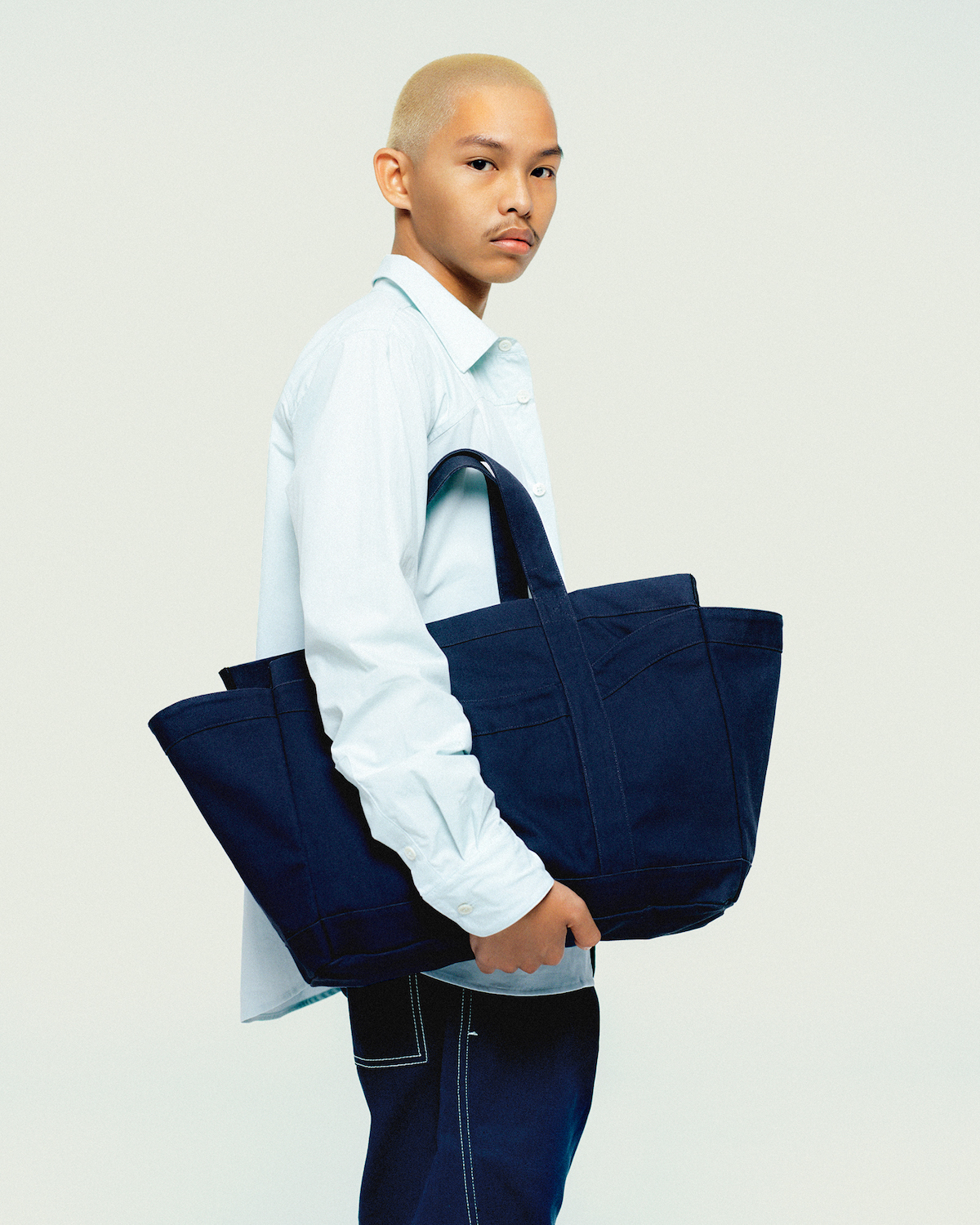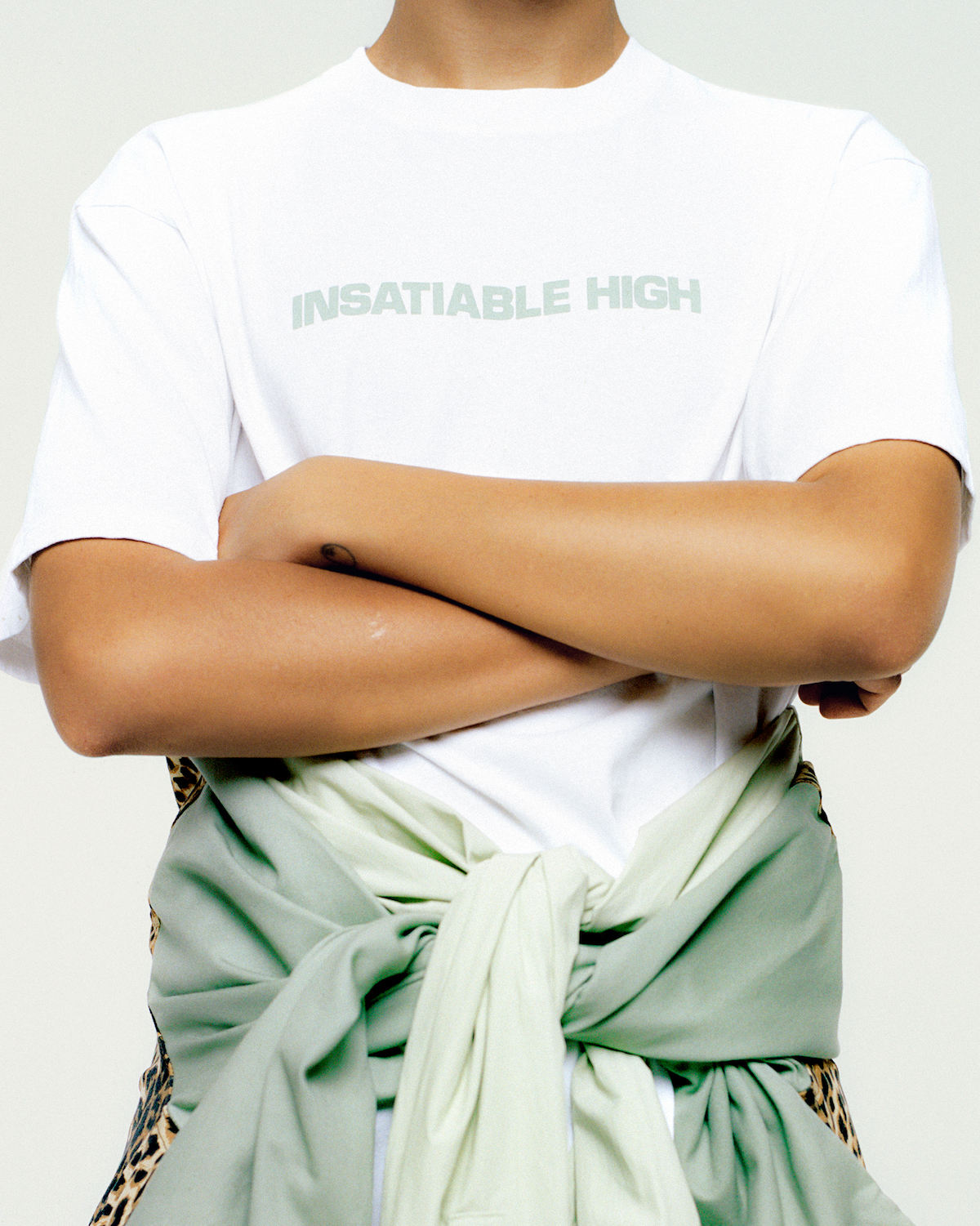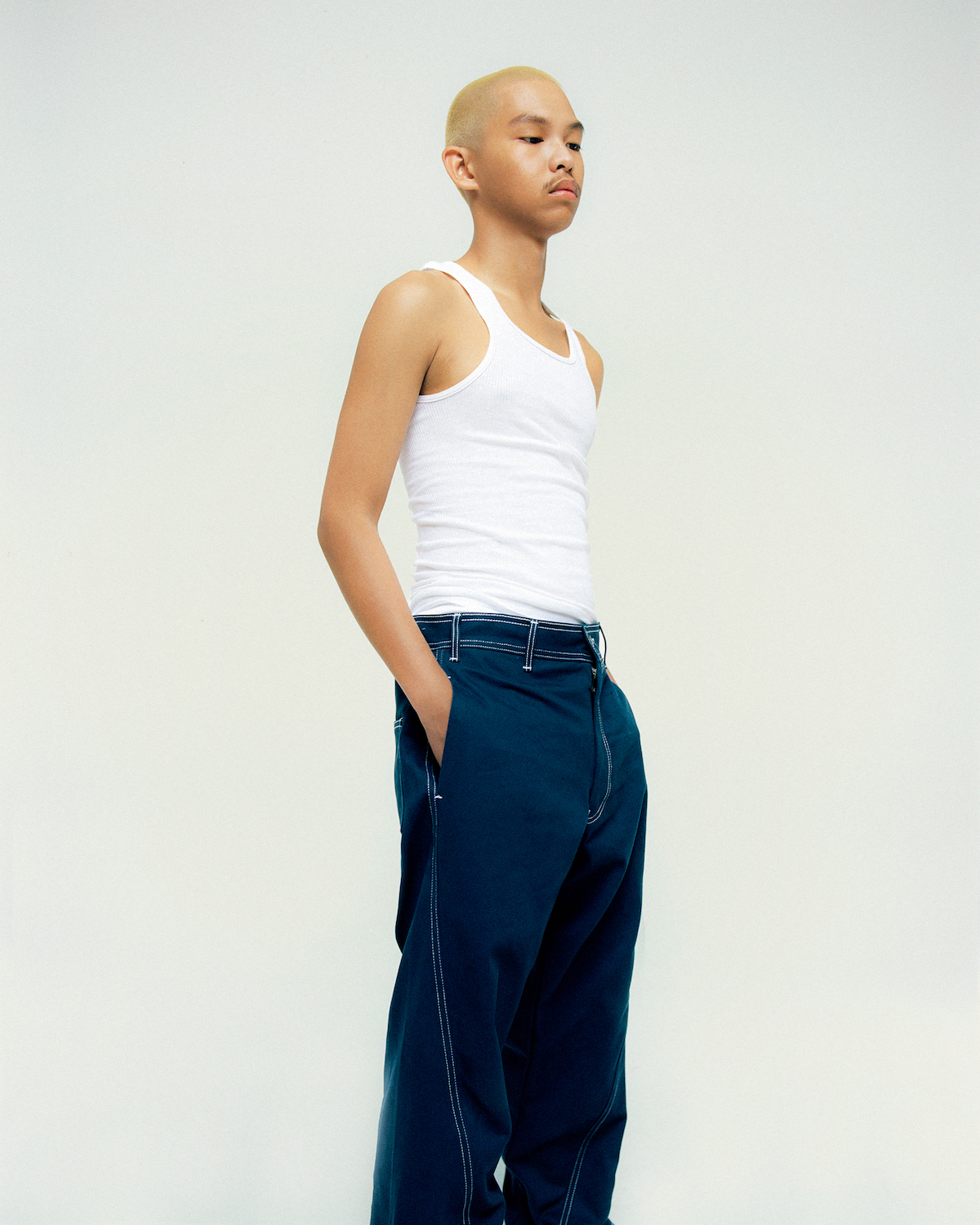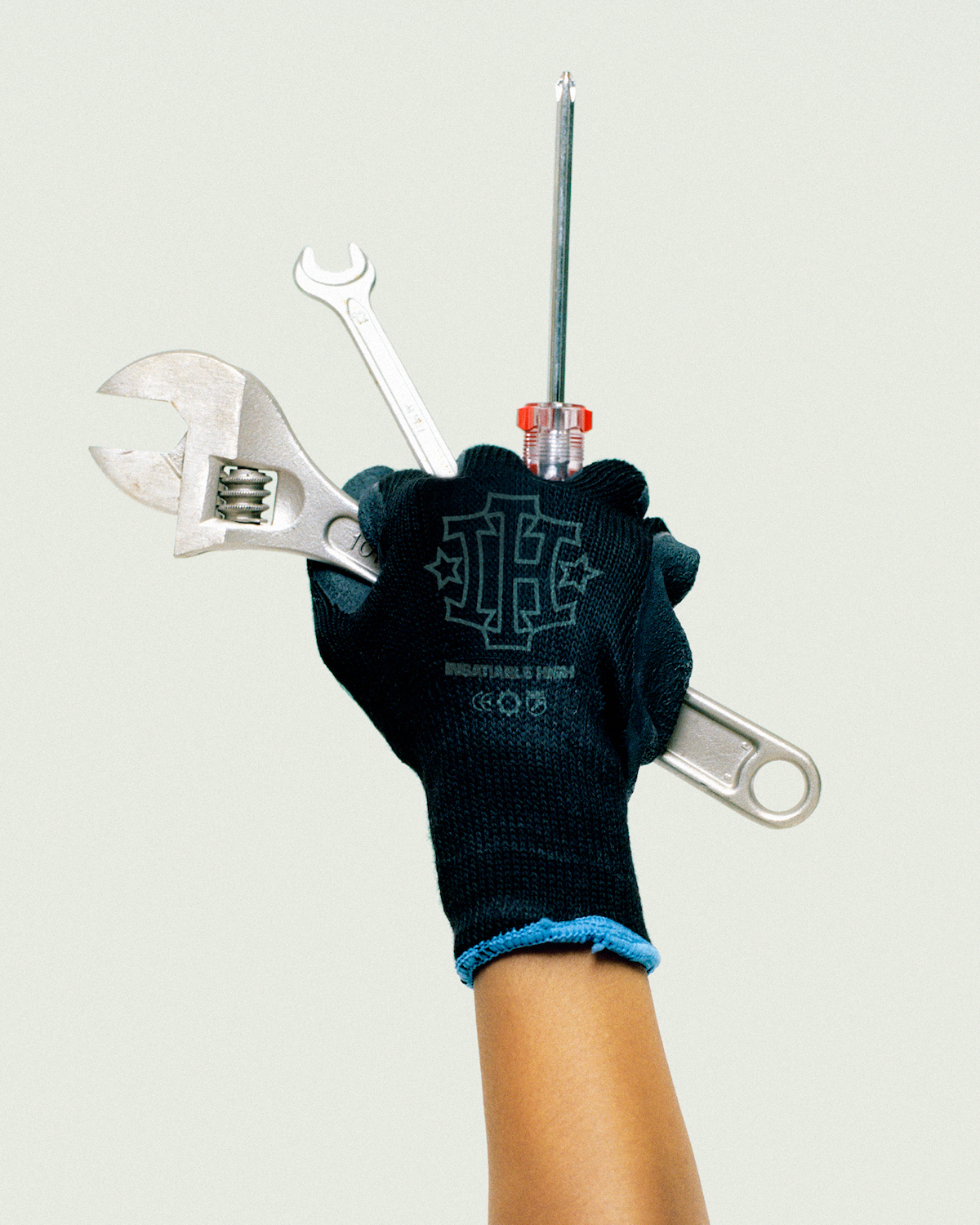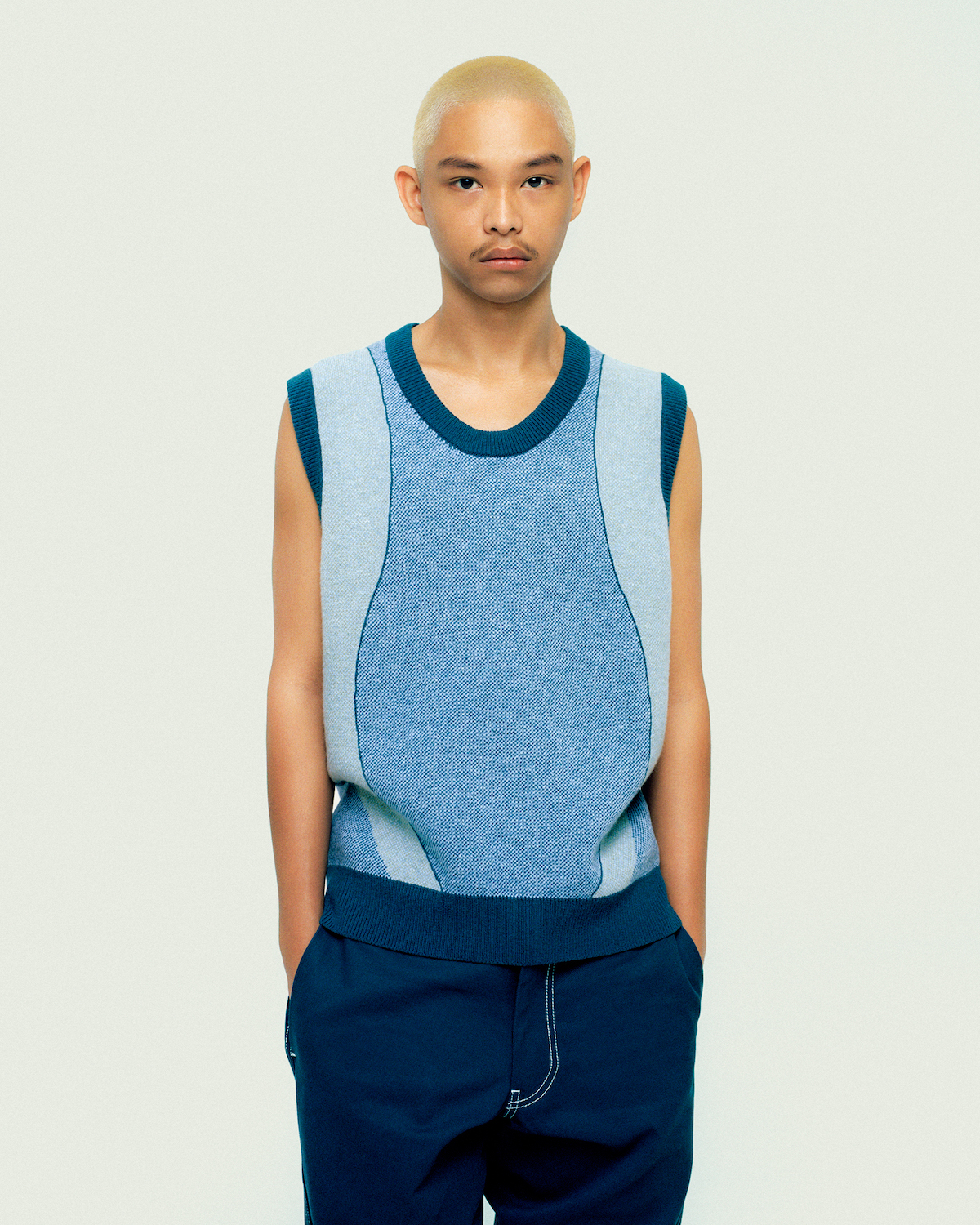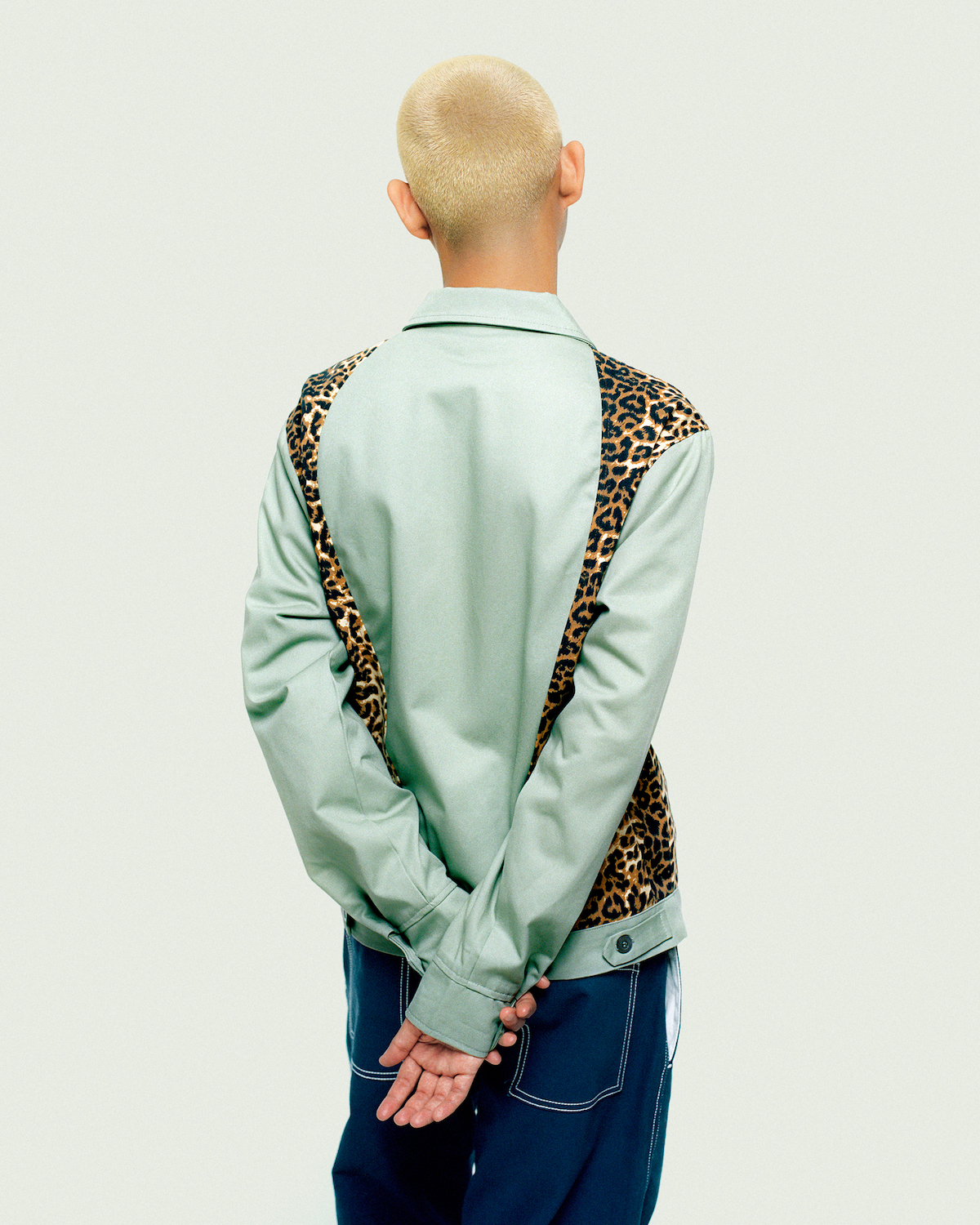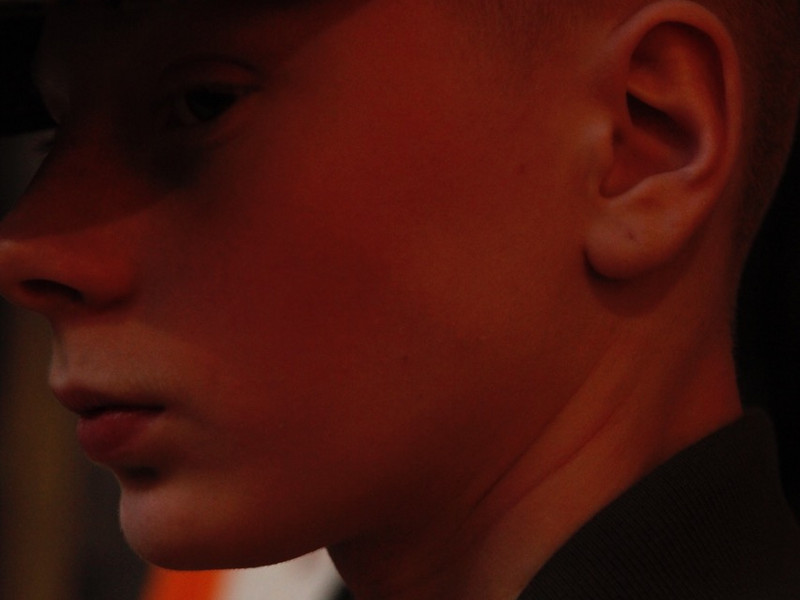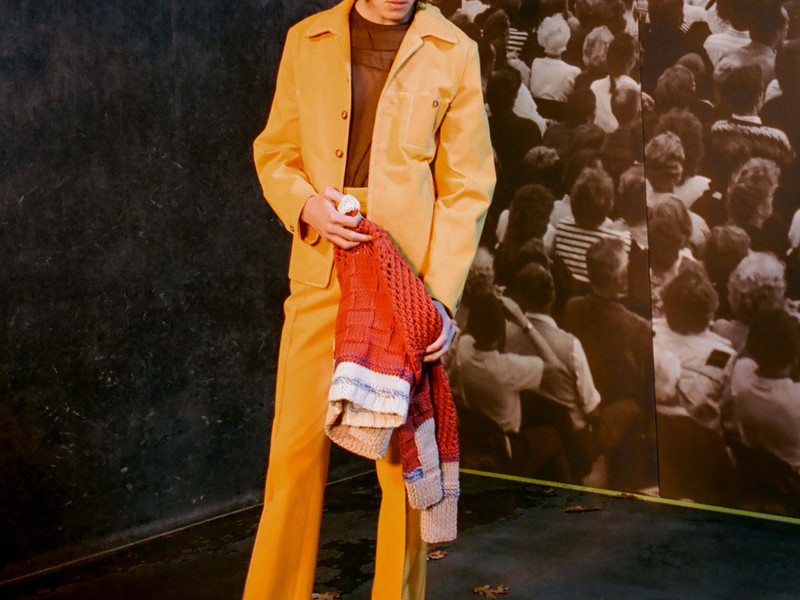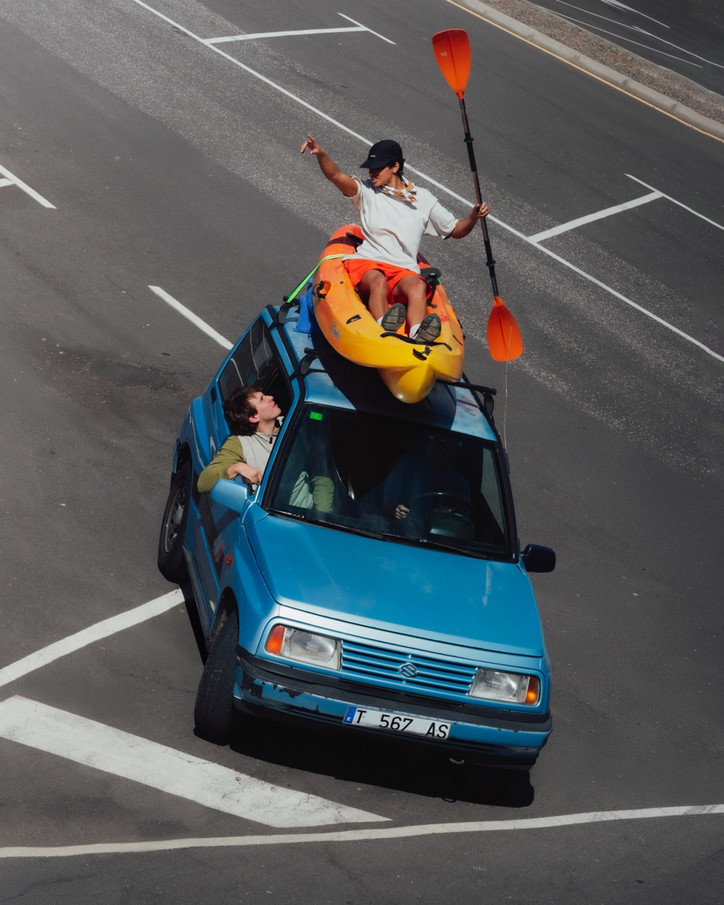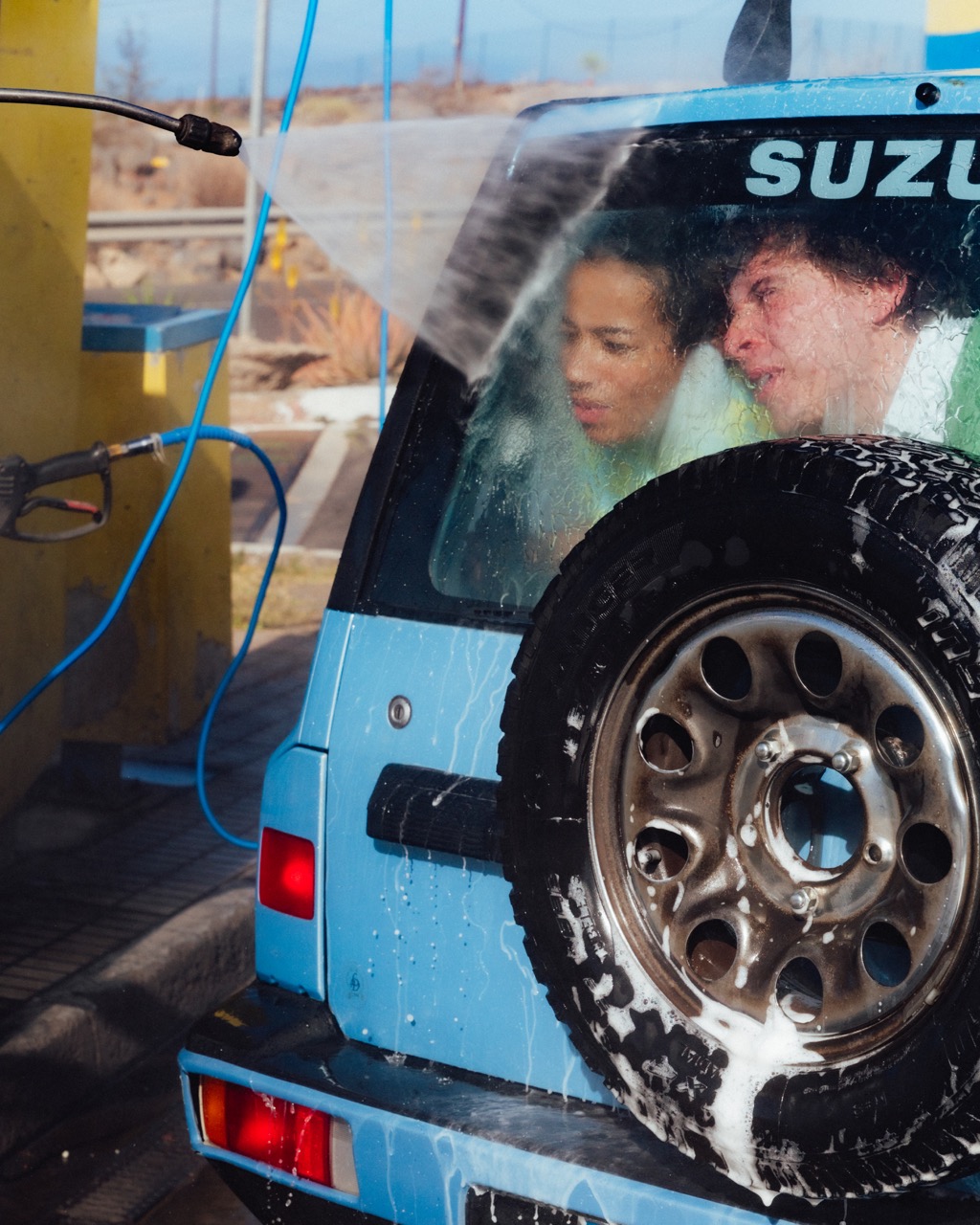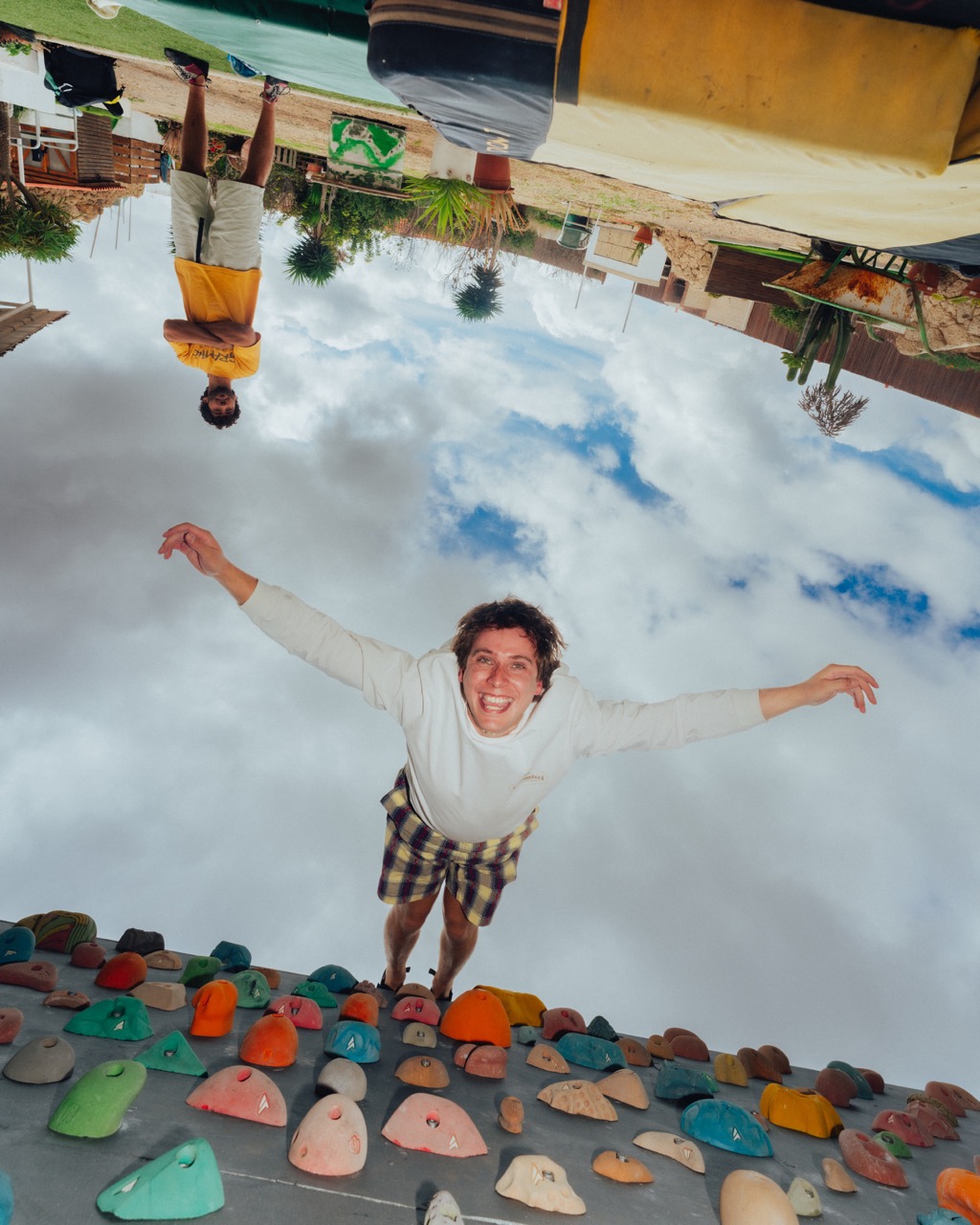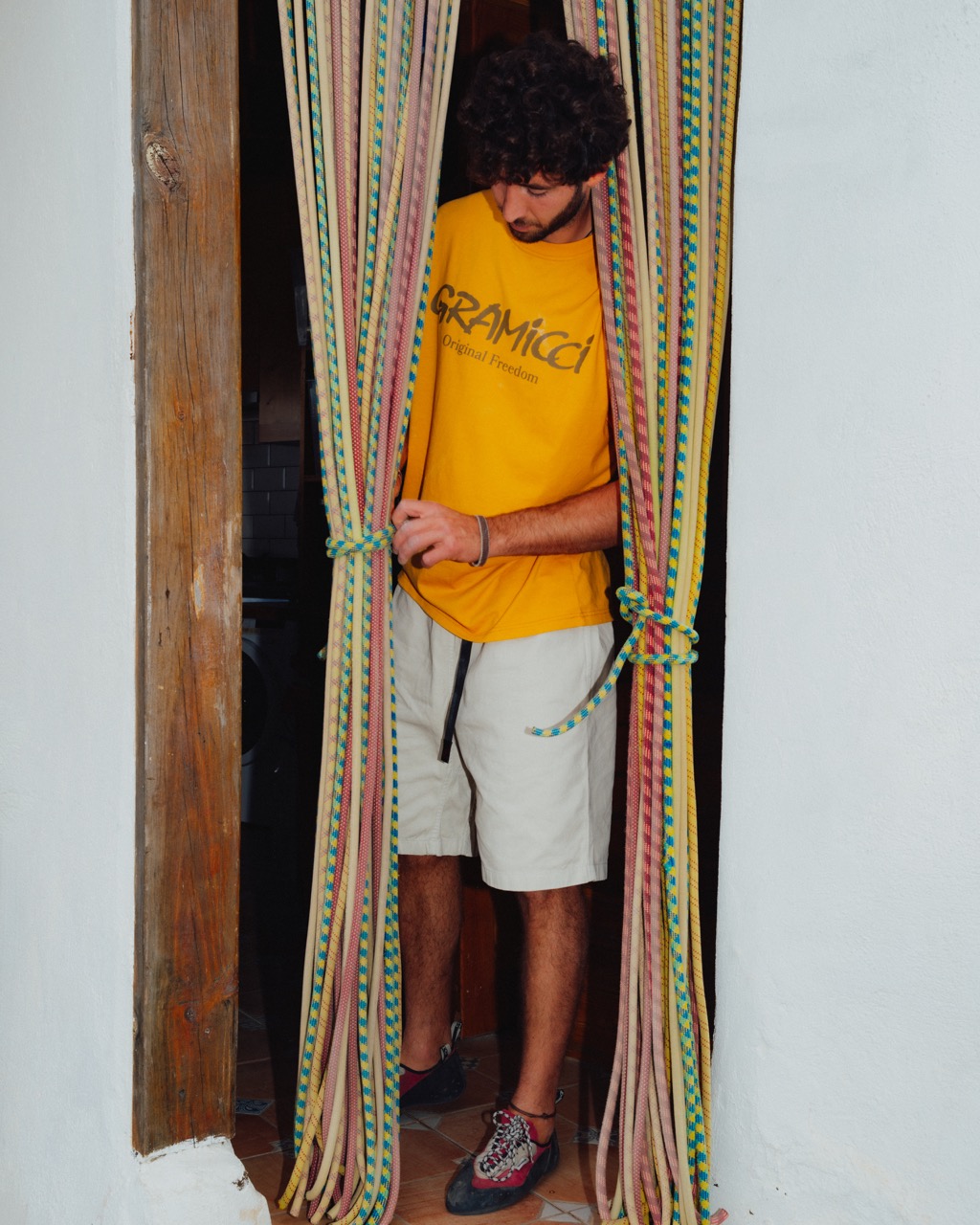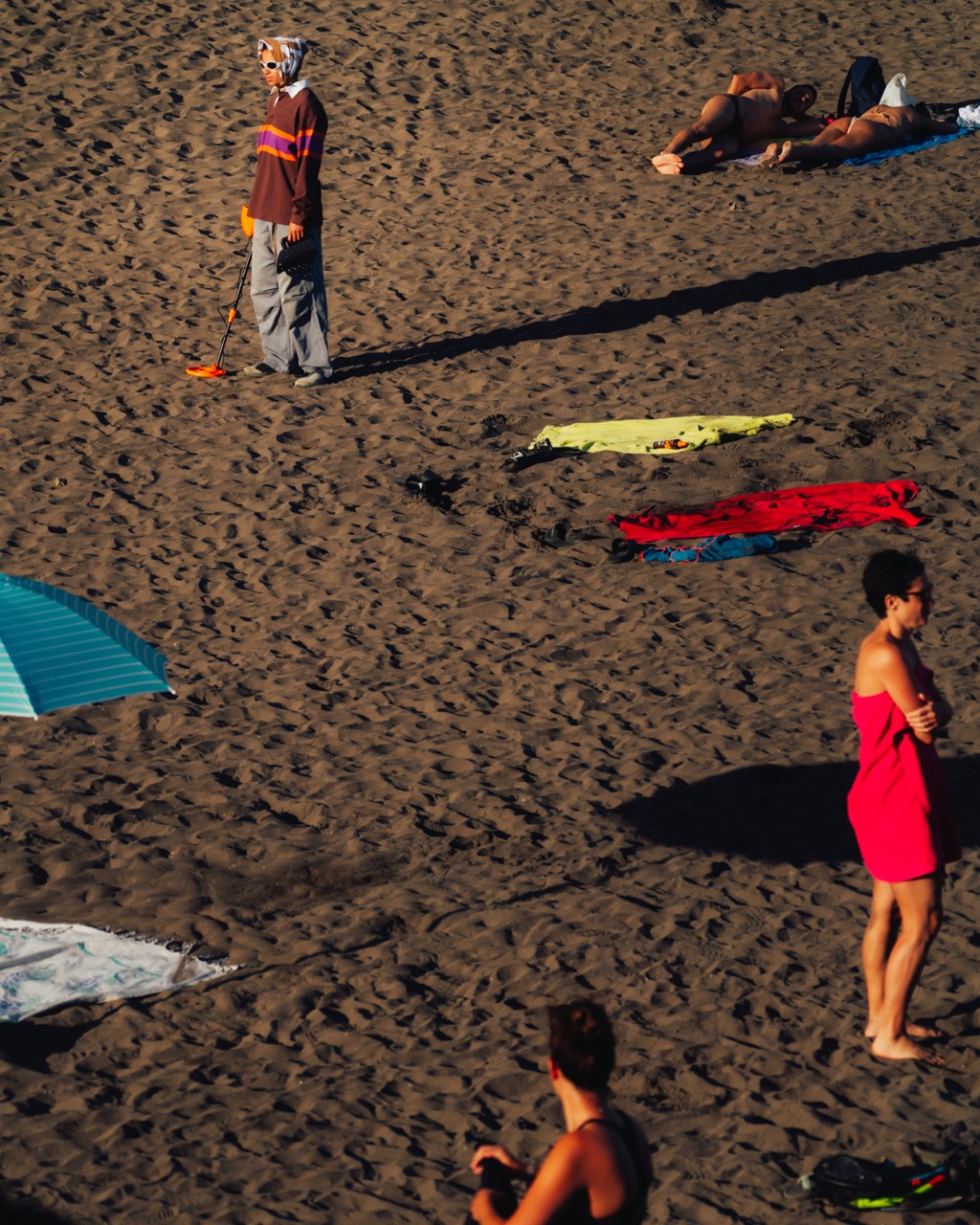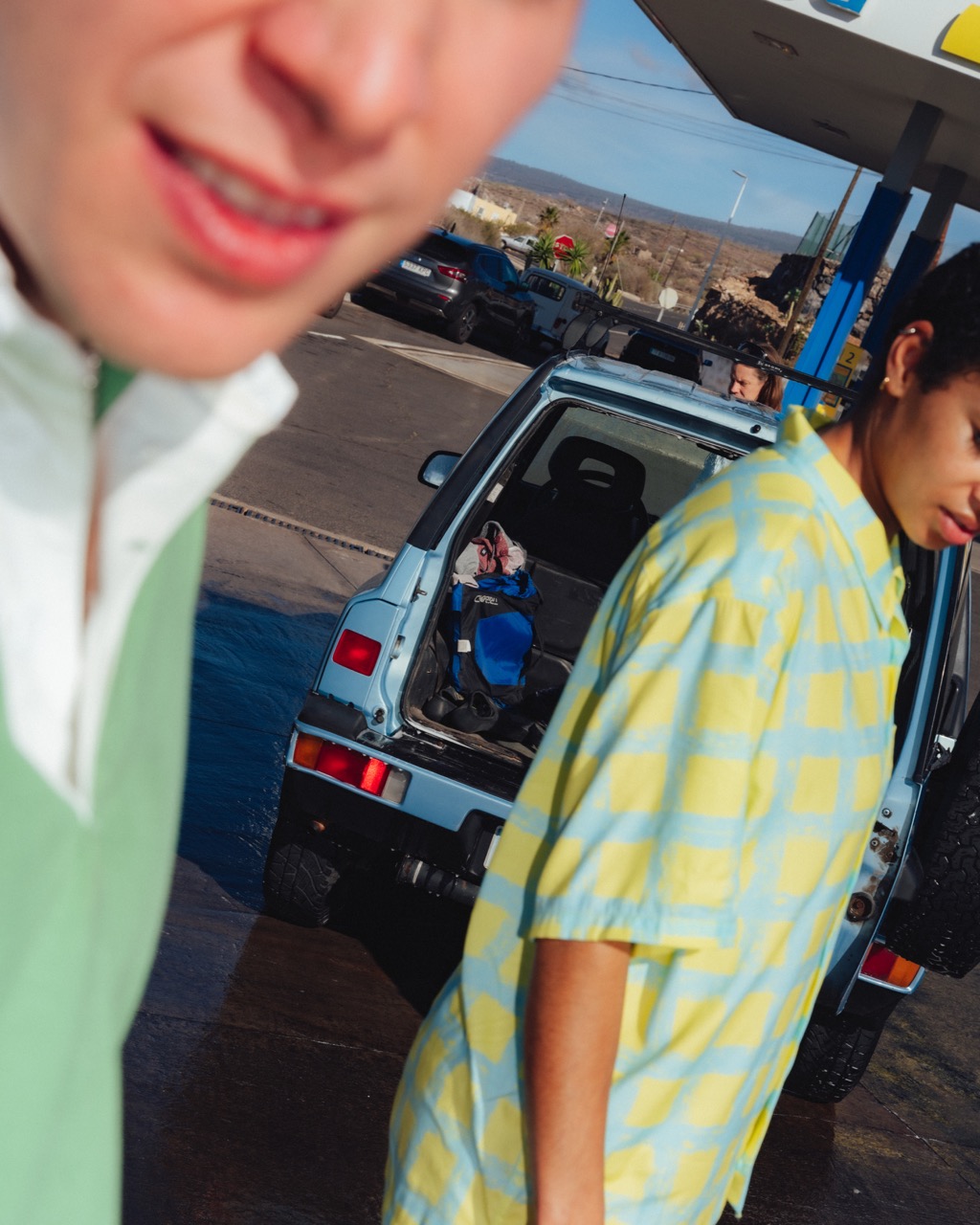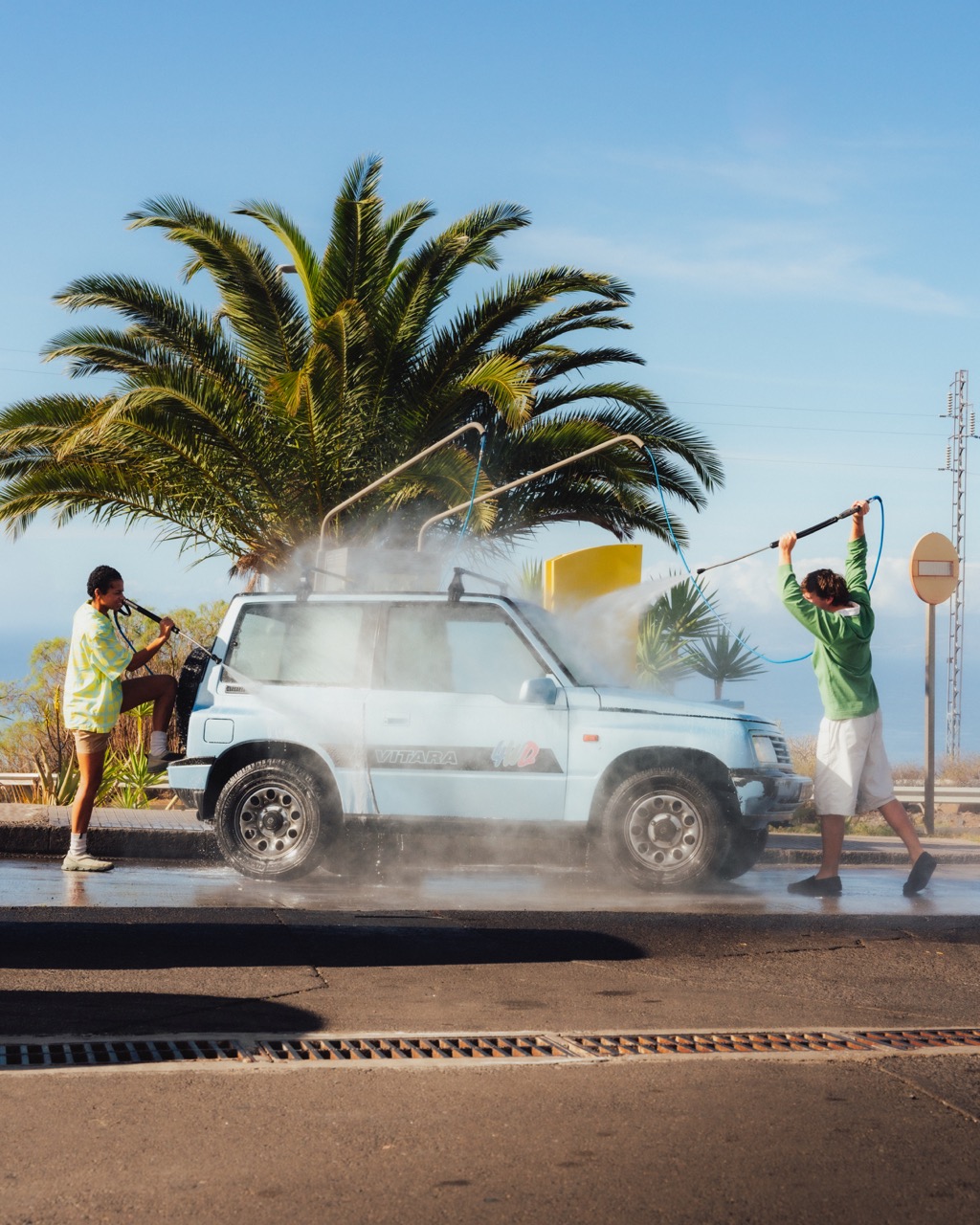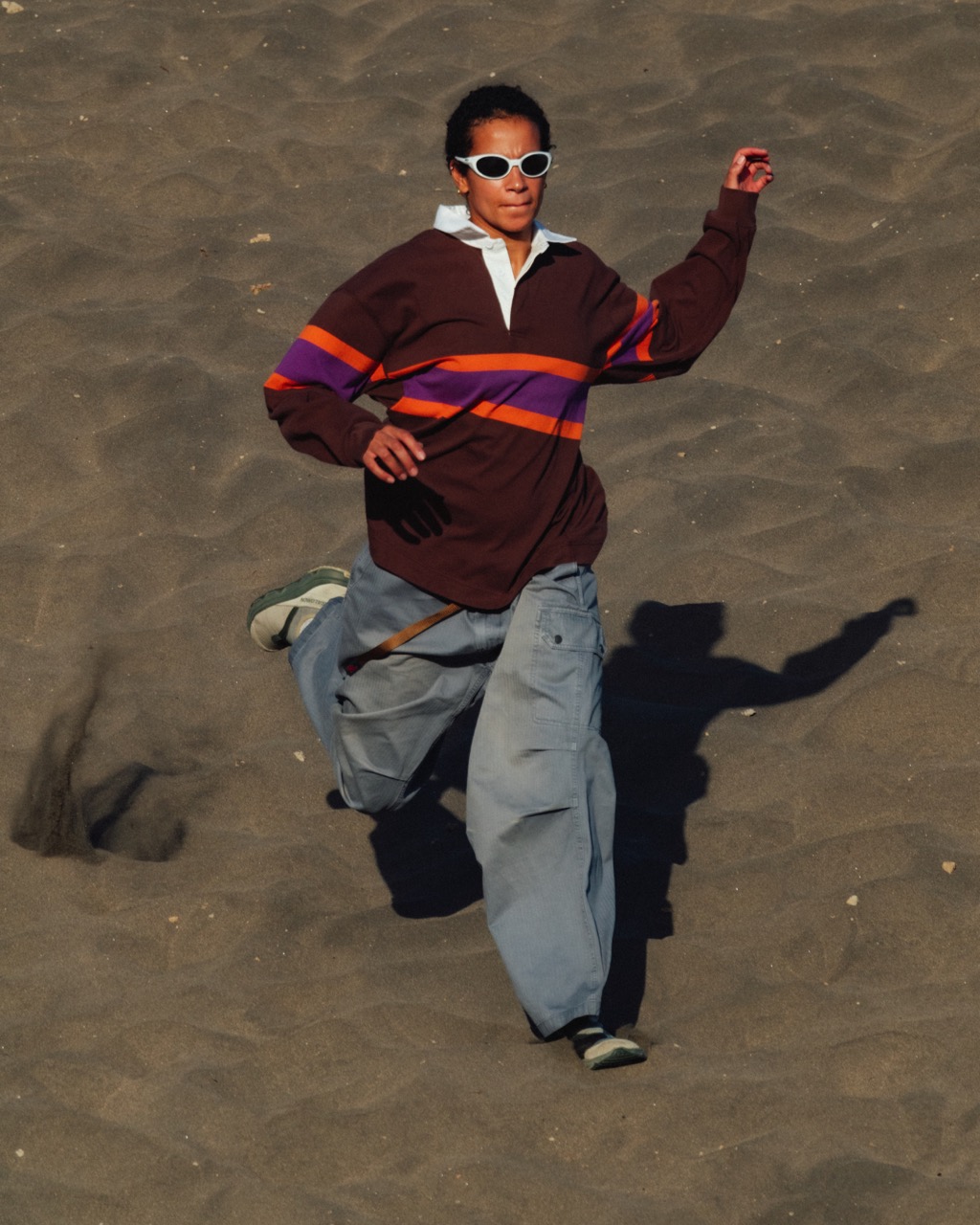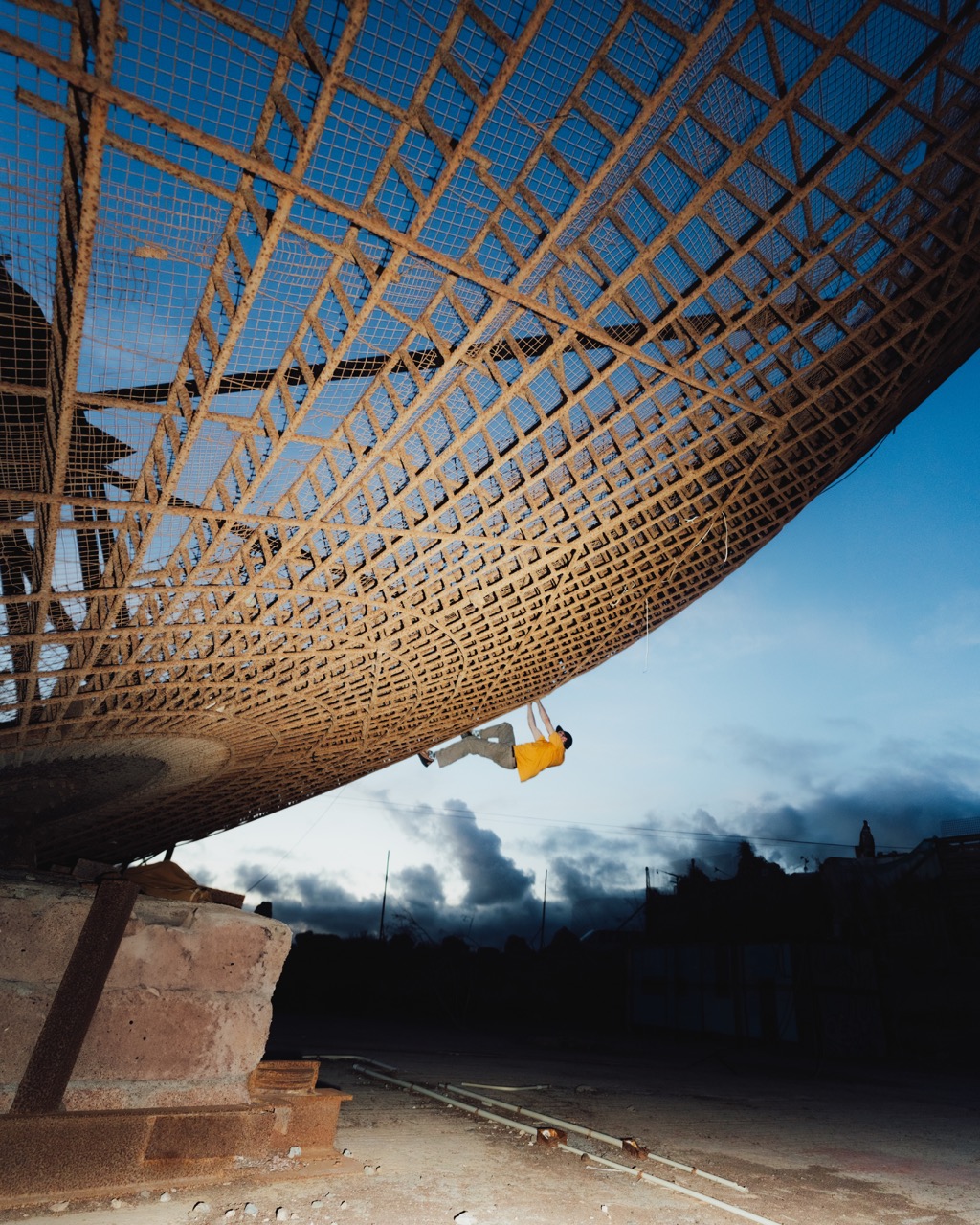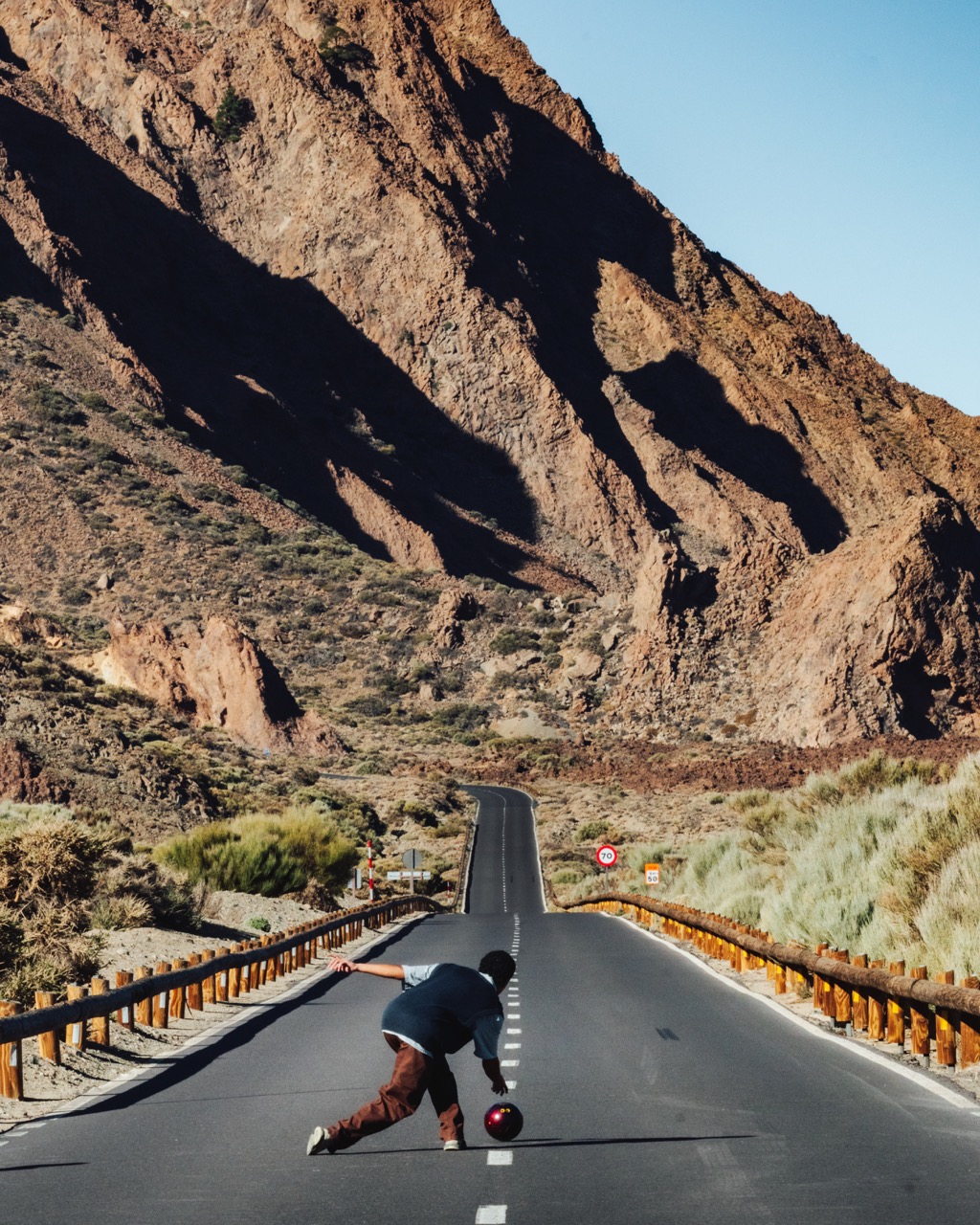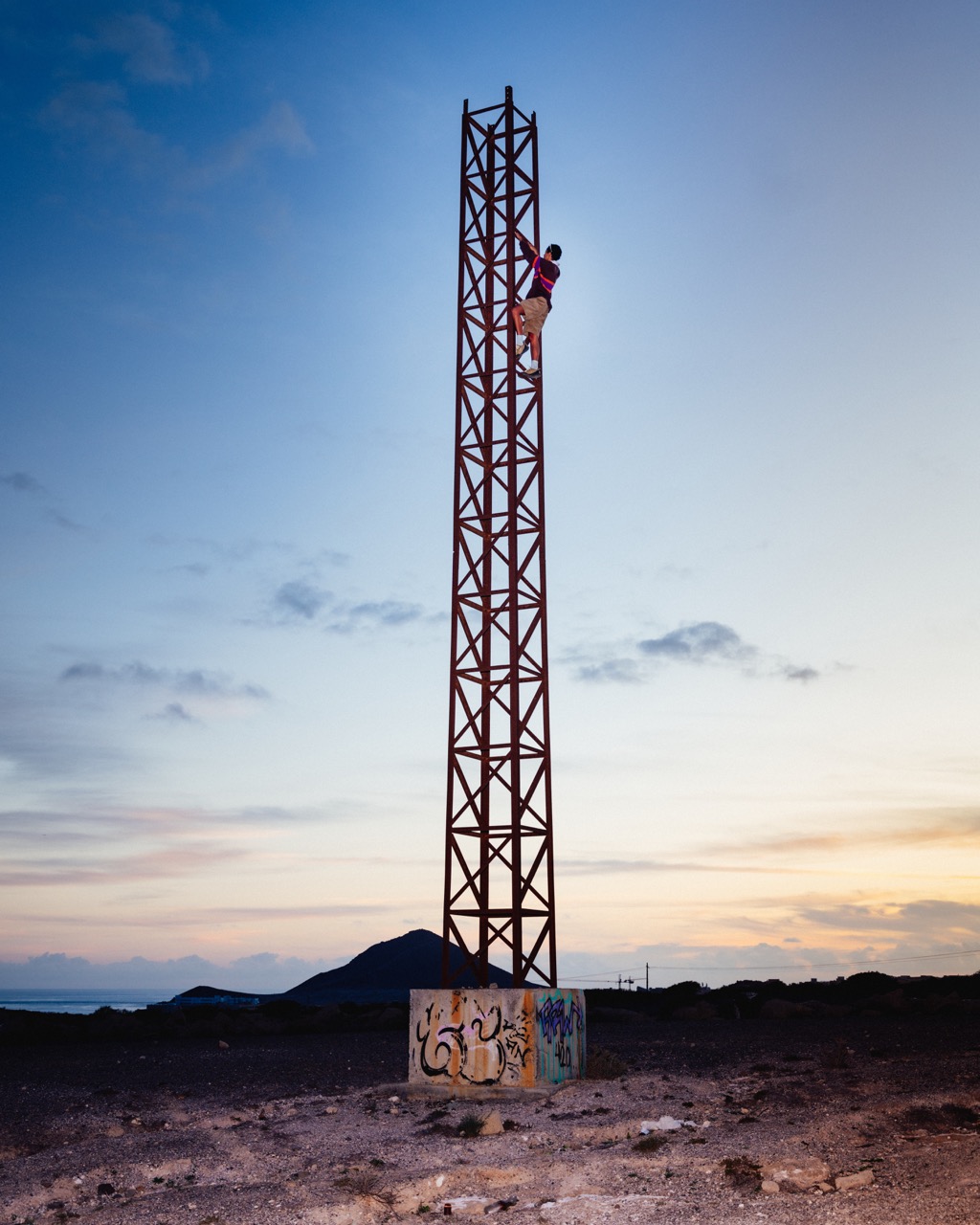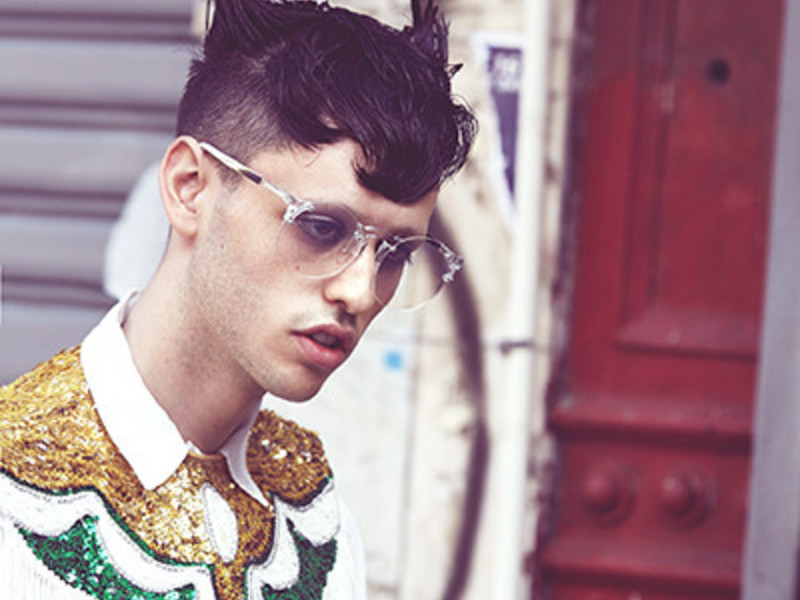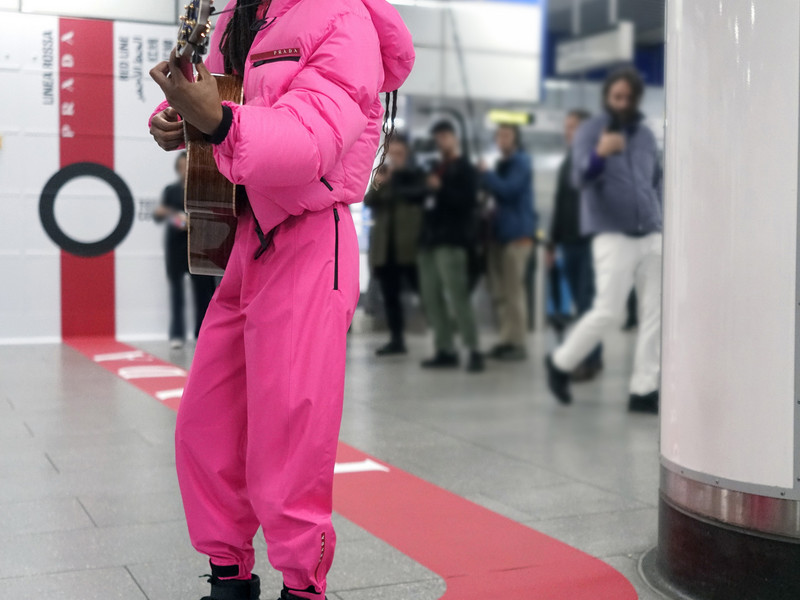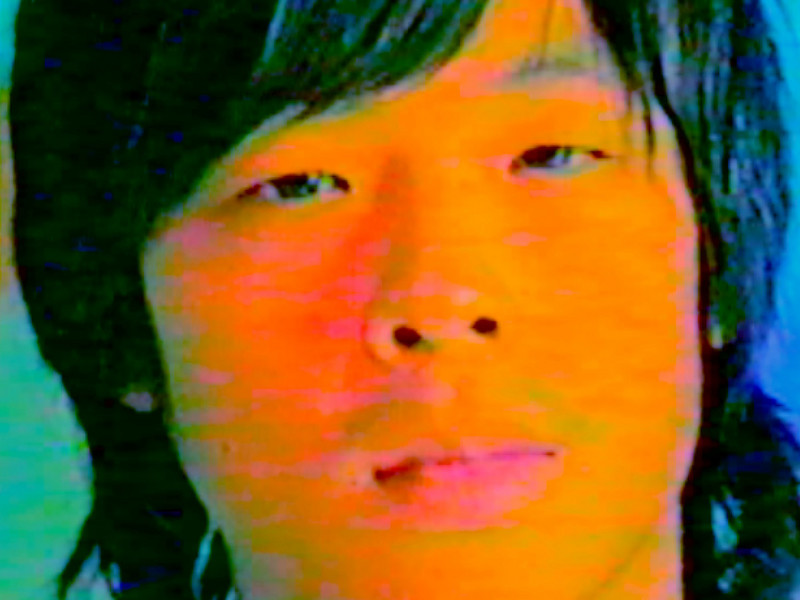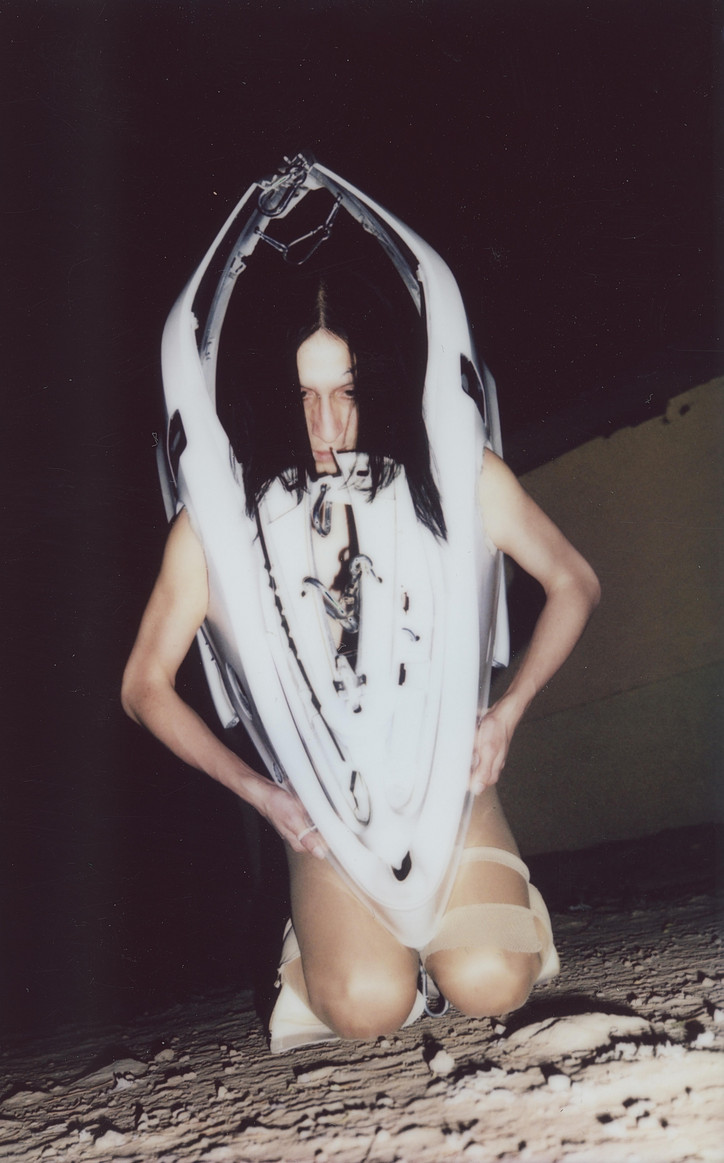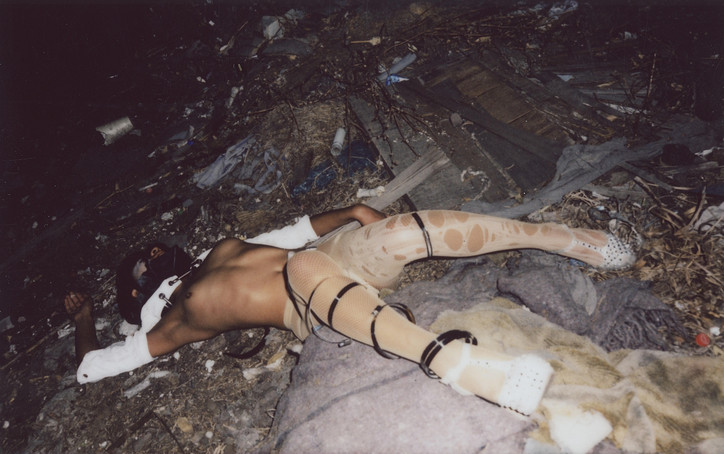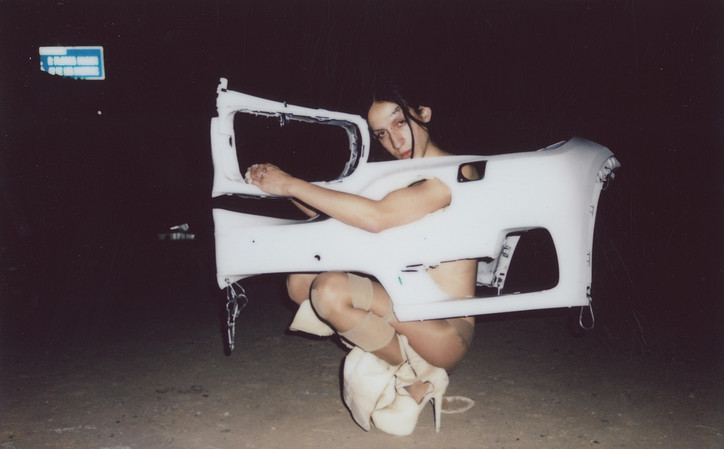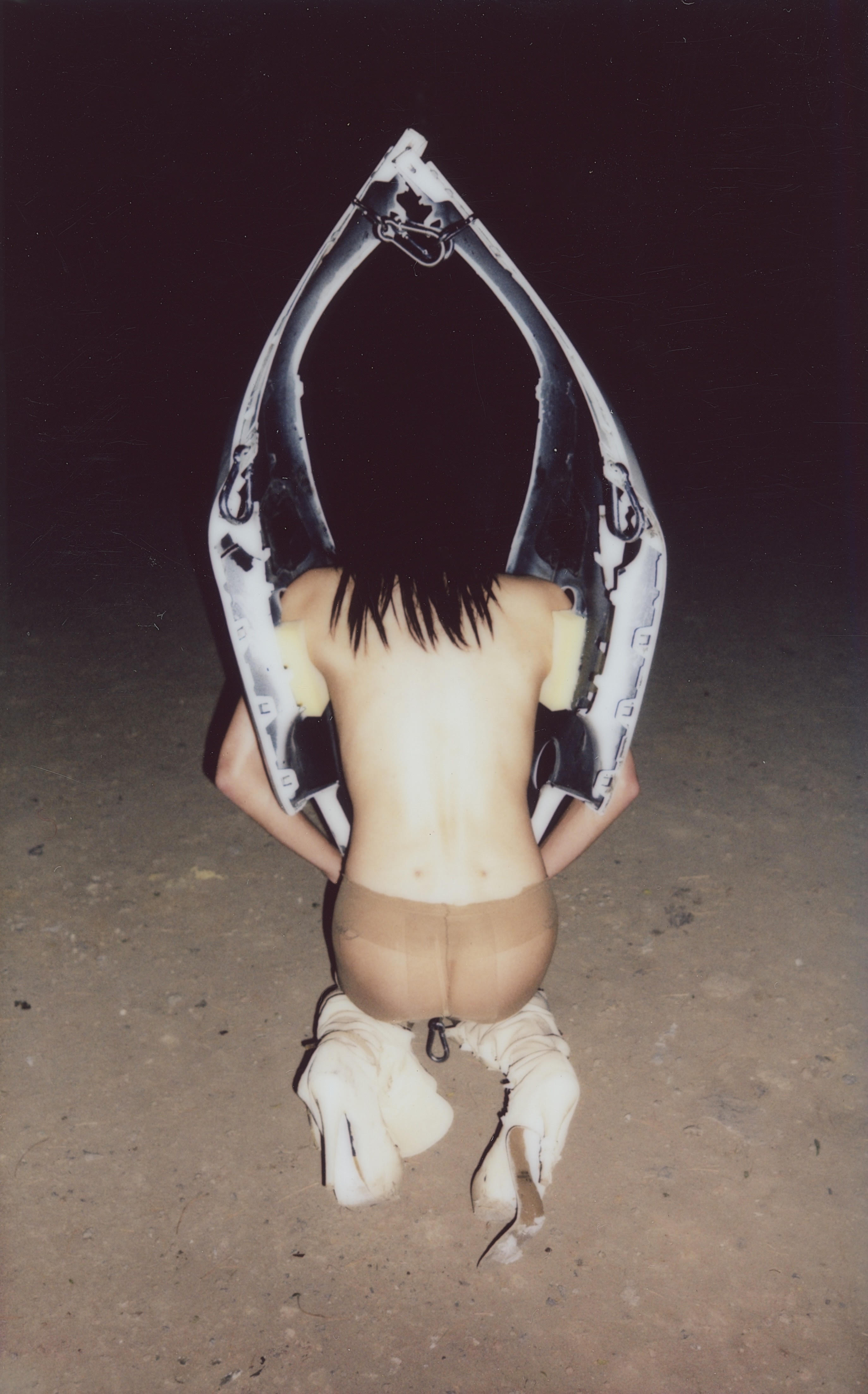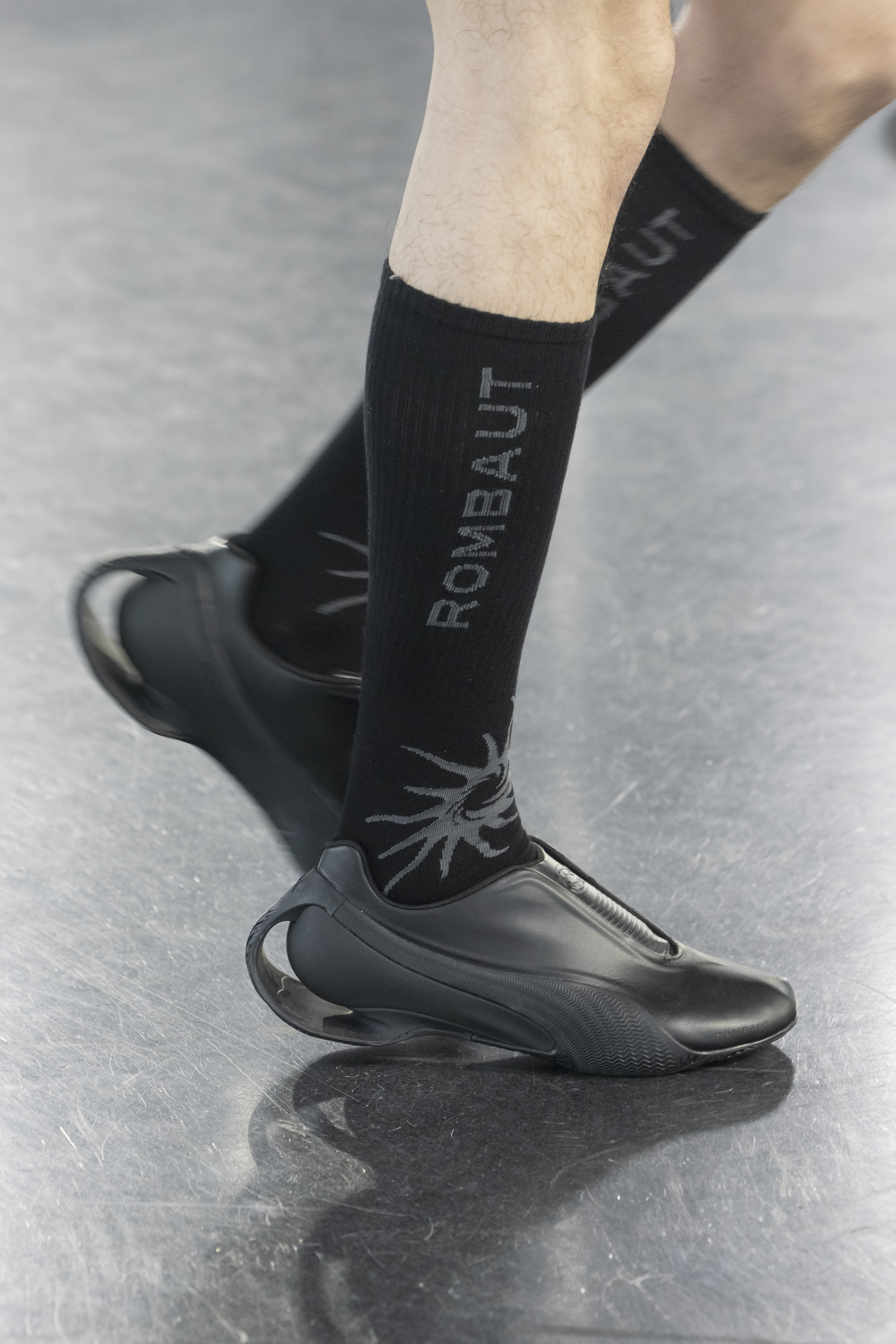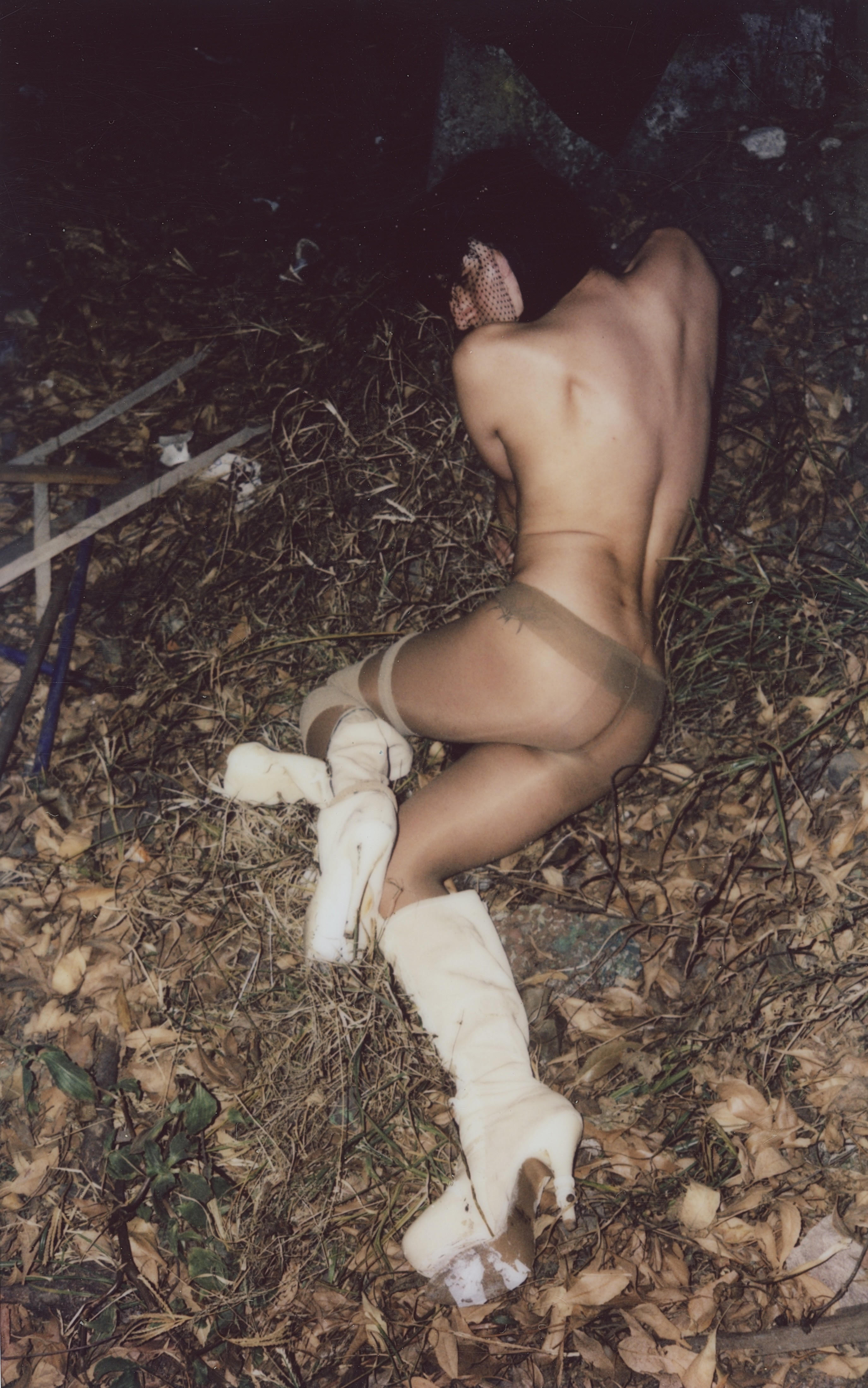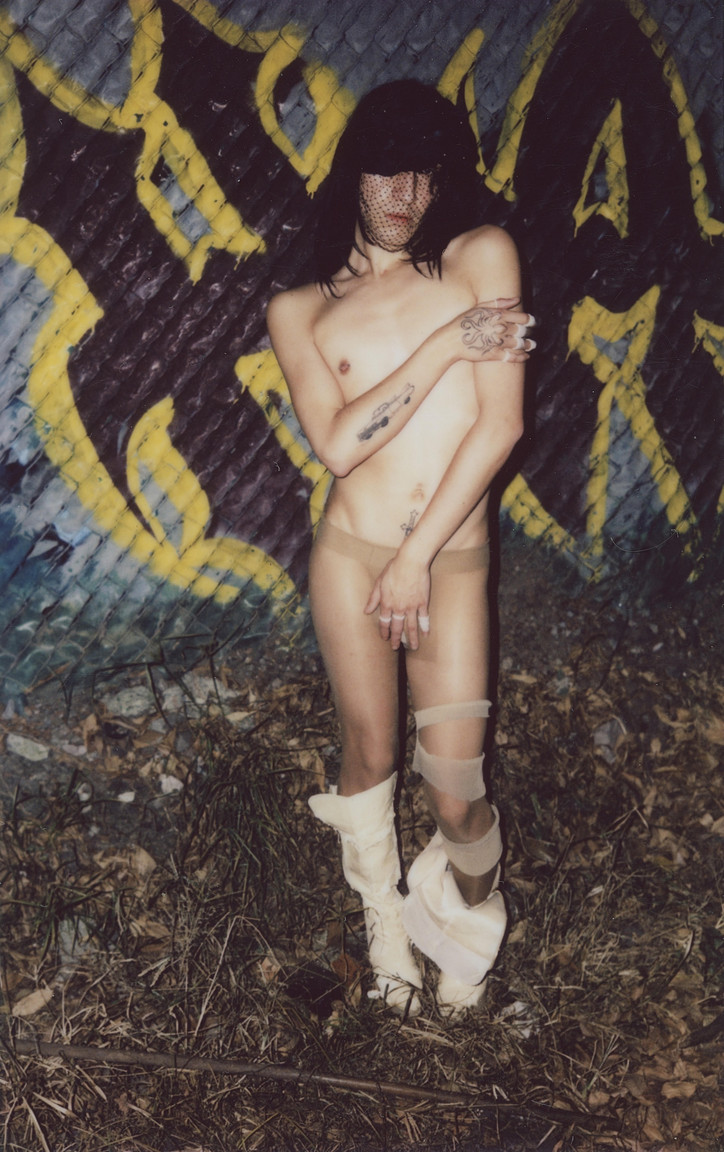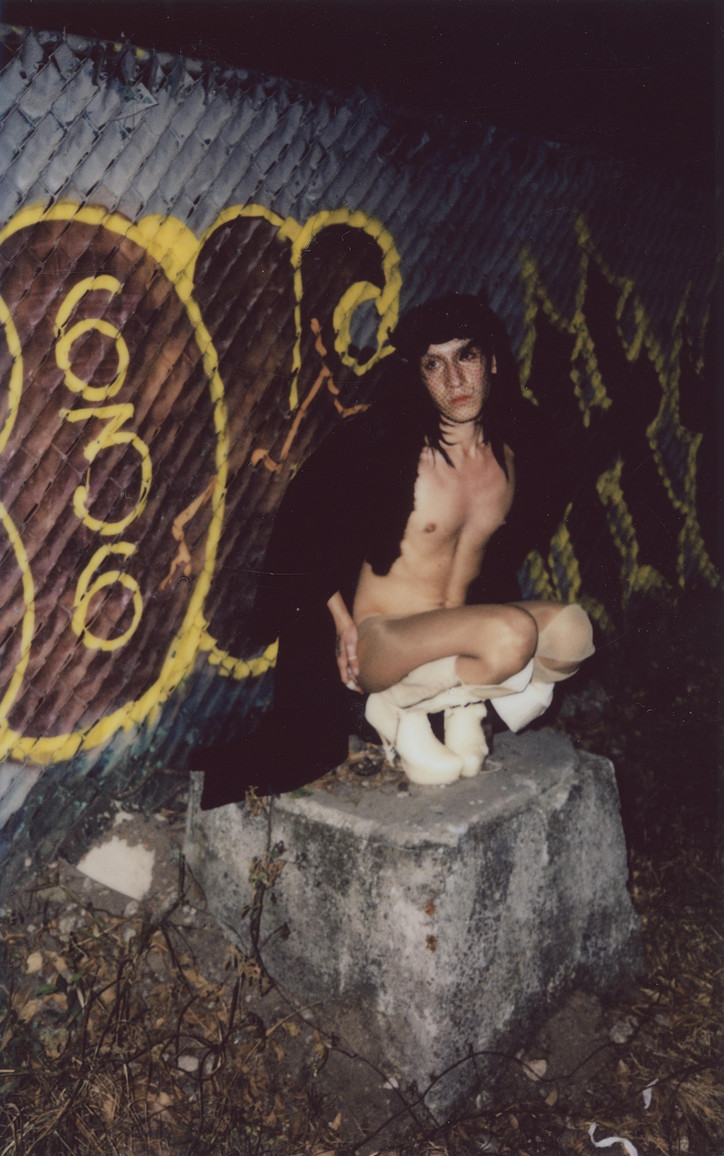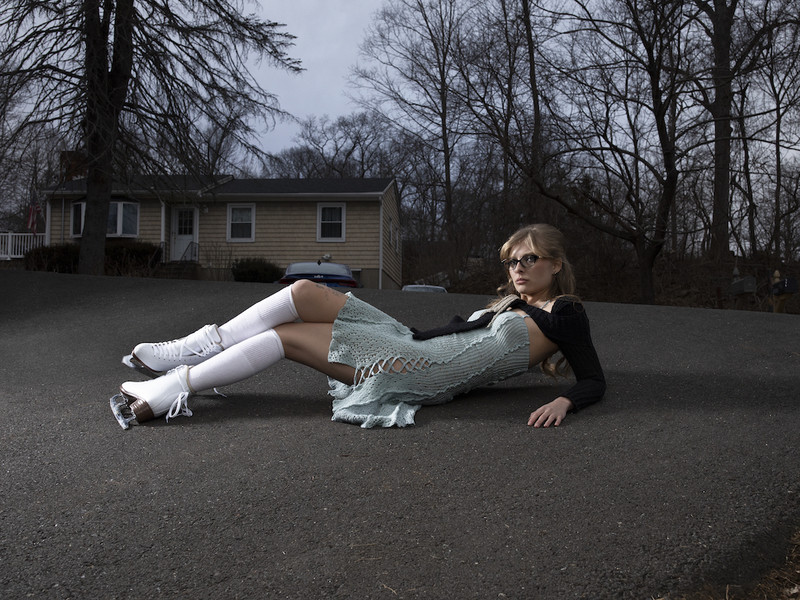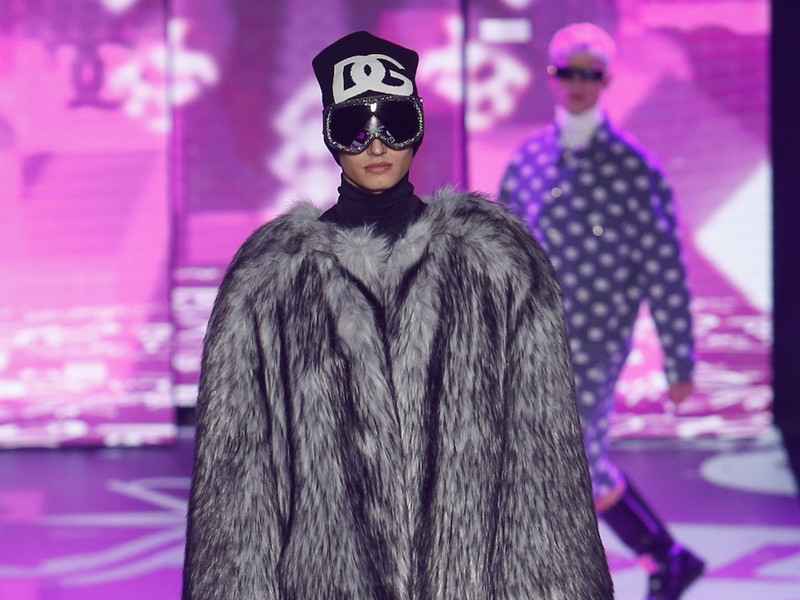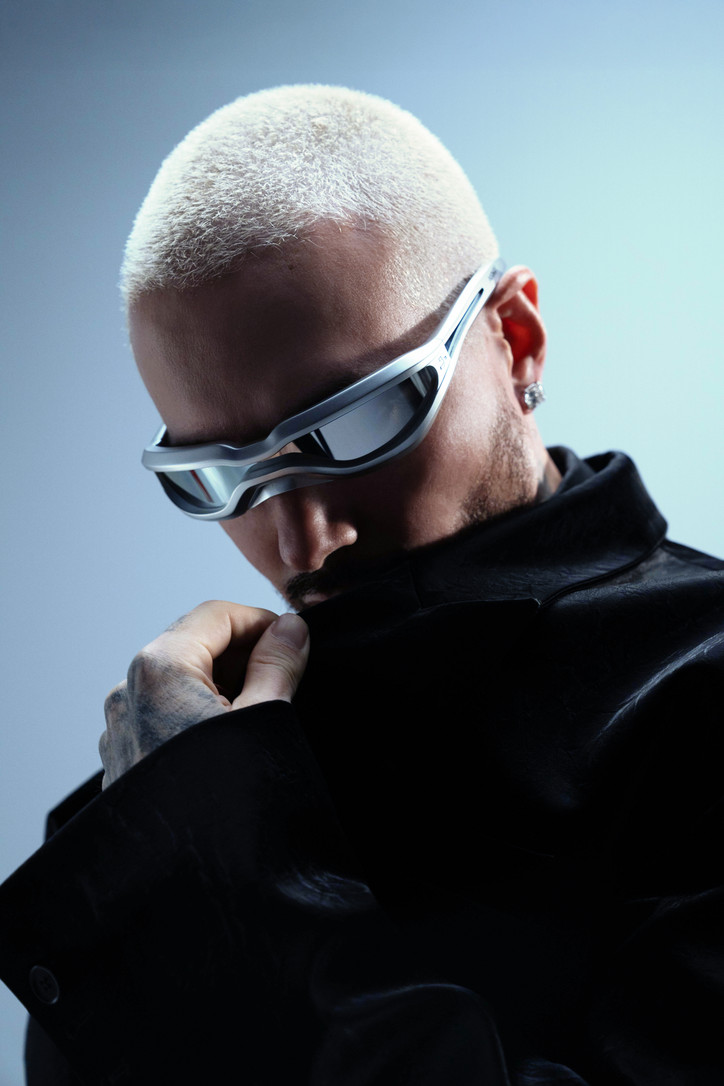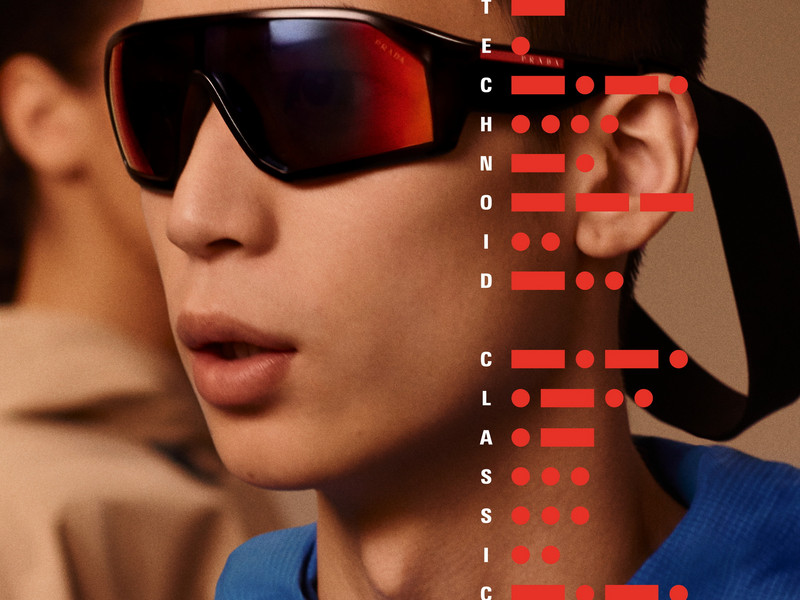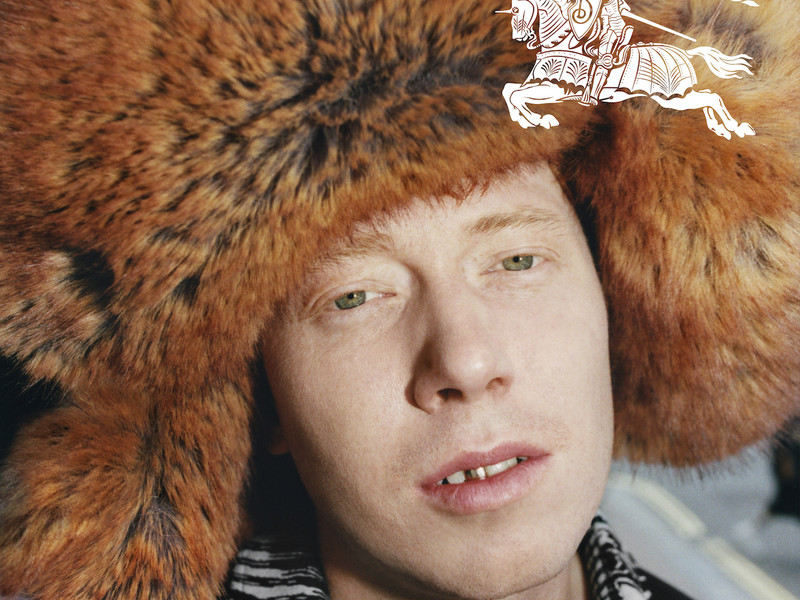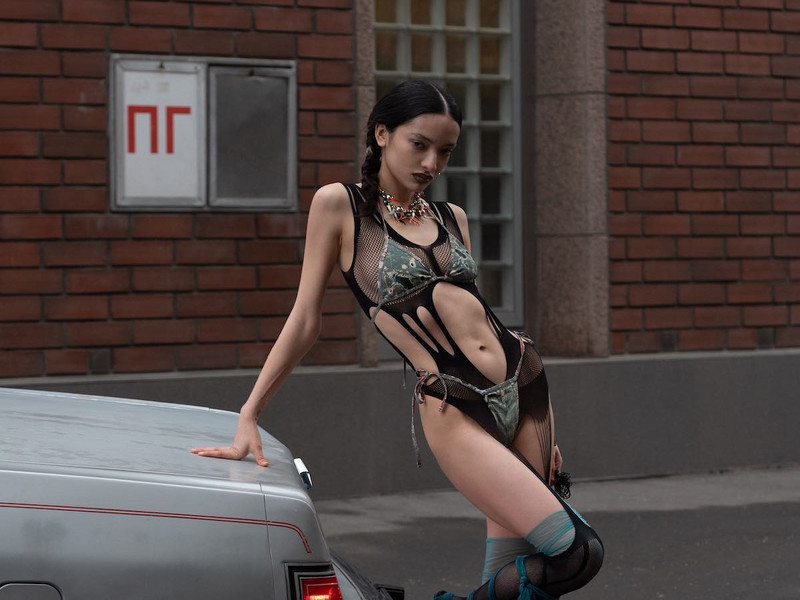Chasing the Insatiable High
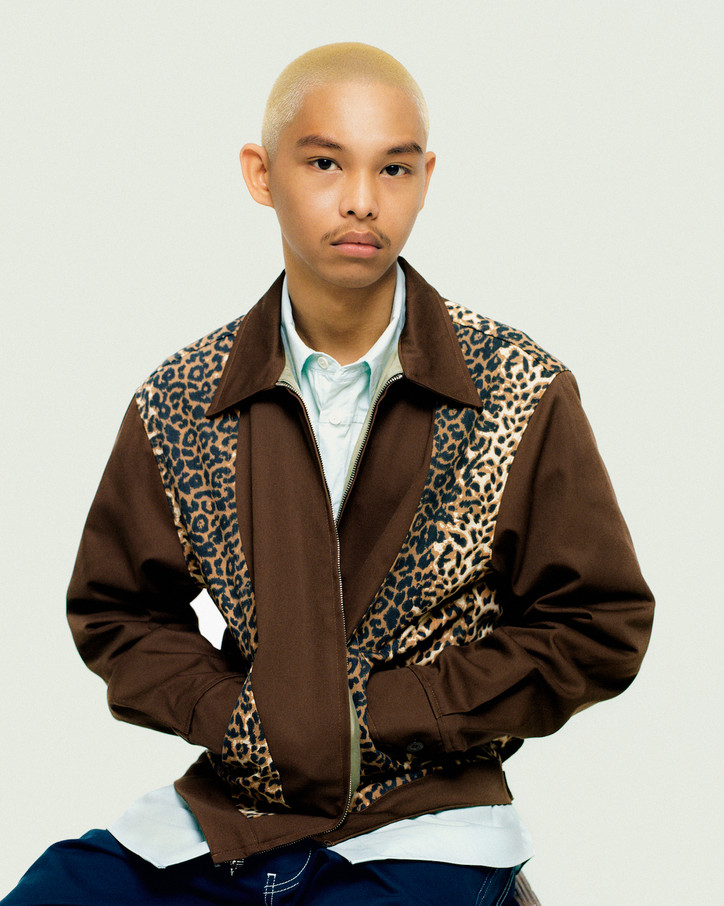
Most recently, the two paired up for a special project that highlights a set of campaign videos for Insatiable high 一 a collaboration that offers the outsider a lens that zeroes in on what life is like in this small city.
See below as the two get on a call to discuss their upbringing in San Diego, the importance of community, and working on projects that provide meaning to the way they see the world.
Darren Vongphakdy 一 Since we’re both from San Diego, I wanted to ask what your upbringing in was like there, and whether it helped or hindered your development as an artist.
Julian Kincewicz 一 Yeah, of course. I mean on my end, the context for my whole world is skateboarding. Growing up skating in San Diego and being part of such a creative and connected community down there has really informed my whole approach to pretty much everything. I also think there’s a bit of retrospect in that, like analyzing myself. I think If I was from L.A., what I was doing in San Diego probably wouldn’t have been that interesting because everyone in L.A. is kind of on another level, and has more access. So being in a smaller pond, the stakes are all a bit lower, which I think allows you to experiment more. The smaller pond feels more conducive to creating your own world in a way. I think that San Diego was really instrumental because it didn’t feel like there was this huge pool to compare myself to, or to have that much of a frame of reference. Being a little bit removed was kind of more beneficial because the little bits of cool culture that do trickle into San Diego make a bigger impact, and you have more freedom to explore them in your own way.
DV 一 That’s sick because I feel like San Diego did the opposite for me. There wasn’t much going on in the area that I grew up in, so you had to go search for cool things elsewhere. For me, I was always on the internet spending hours on Tumblr and Instagram, seeing that a lot of things that interested me were in L.A. I felt like that’s where I had to be to learn and grow creatively. I’ll probably get shit for this, but I don’t think San Diego is a very nurturing place for anyone to really be creative.
JK 一 I will say, Edwin, from Gym Standard, was hugely instrumental in that and opened up my eyes to a bigger world. He truly showed me that there was more out there, and that it was accessible. Like you and me becoming friends through Gym Standard 一 as soon as there’s one spot that’s actually cool and feels different and is speaking to this niche 一 it instantly forms a mega community in San Diego.
DV 一 That’s true. He definitely did the same for me too, but I was already living in LA by then.
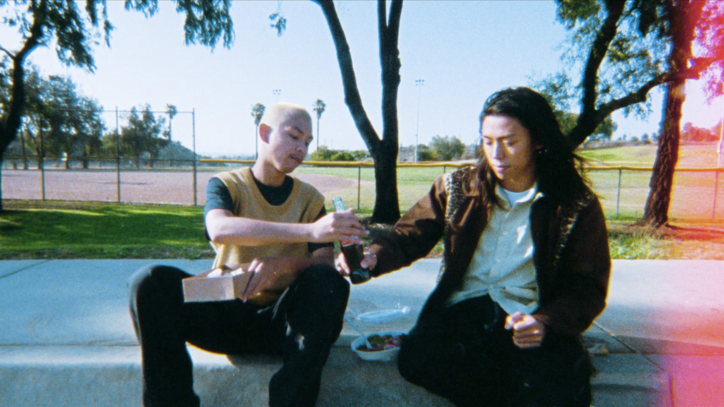
JK 一 Walk me through that a little bit. You moved to LA, started your own brand. To me, I think it’s sick that you started a clothing brand, got a lot of momentum, and then kind of just re-evaluated your priorities. Now four and a half一five一years later, you’re starting this new brand that feels really interesting.
DV 一 Well I was working a bunch of shitty retail jobs, on top of working on my brand, Tuesday Girlfriend, when I first moved out here. As much momentum as I was getting with the brand, I just felt like I wasn’t well equipped to execute what I wanted to do creatively. And at the time, I had just landed an internship doing graphics for a clothing company. From there, I really just wanted to be a sponge and just soak up as much knowledge as I could from whoever and whatever. So I stopped doing my brand to focus on the internship, and through that, I was able to learn about apparel production, apparel design, art direction and creative direction. Fast forward a few years, I guess I’m an art director now? We don’t really do titles at the company I’m at, but I started to realize all my ideas were going through a filter. I got my dream job. I’ve been doing it for a minute and doing it really well, but then it’s like, “Okay, well what’s next?” and I just wanted to use my voice again and tell people my own story.
JK 一 Something that I’ve admired about you, in this process, is that you had the internal fortitude to say, “Actually, you know what? This isn’t it. The thing that I’m doing right now isn’t it. And I don’t know what the next thing is yet, but I’m going to stop this until I feel really situated in it”. It’s interesting and inspiring to me, because I think that’s just a huge indicator of integrity.
DV 一 Thanks. Yeah, I just felt like I had to refocus my energy towards myself and my personal work.
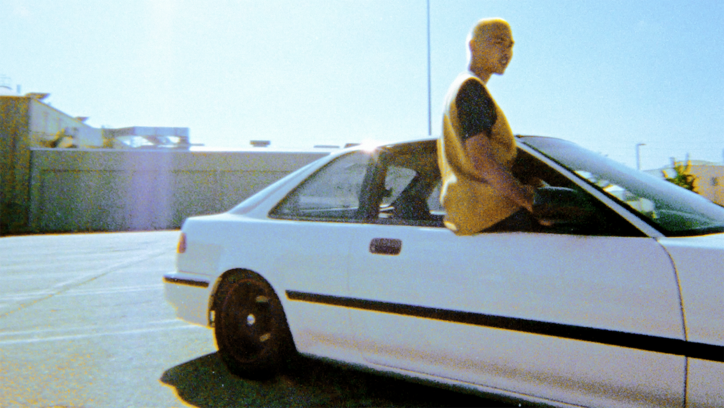
JK 一 Honestly, I’ve been trying to do the same. For me, it’s been surprisingly emotional actually. With my work, I feel like I boarded the train and kept going. I’m super goal oriented. I set milestones for myself and I work towards them really really fucking hard. But then I reached two of my biggest lifetime goals super early. The thing that I feel like I lost a little bit of track of is just having enough time to play and do those internal types of deep dives. That’s what makes really good work: experimentation. It’s having the time to try out a bunch of different things and make these experiments and these discoveries. Everything that I’ve ever made that I’ve loved has felt like a discovery. Lately, just seeing the people whose company I really enjoy, and whose work I love, bring their personal work into fruition kind of left me with this feeling of like, “Oh man, I forgot that that’s what it’s all about”.
DV 一 It’s really about making the time to do those deep dives. I started Insatiable High as a personal project that I intended to be a book. But as I was working on it, I felt like making a book wouldn’t leave as big of a stamp, or say what I’m trying to say loud enough. Especially when there’s no context for it. So I continued to do an internal deep dive on my history and heritage and family to develop my view point. Being that I’m Asian-American, I just wanted to do something for people like me. I want those kids to be able to have a reference point and feel like there’s someone like them doing cool shit because I felt like I didn’t have that growing up. And that’s why you hear the specific type of music in the video, and see the specific car that the kids are driving in, the clothes that they’re wearing — I wanted to use that to set the scene for what the world of Insatiable High looks like and be able to dedicate this collection to my family and sort of thank them in a way.
JK 一 Well yeah, it’s almost like the whole project was basically born on kind of seeking a deeper understanding of self. And in that process you figured out that clothing is a good vehicle to explore those discoveries in a more in-depth way.
DV 一 Yeah, exactly. I had to do a lot of recollection, like, “What were my uncles wearing at the time, what were they listening to, what were they doing, and how did it affect me?”. And I just remember them working on their cars and motorcycles, but also knowing that they could draw really well, and sew, and do all of these super resourceful, yet creative types of things. I feel like you get a sense of that through the clothes and through the visuals that I’m showing.
JK 一 Absolutely. You want those things to have meaning. When I think about the work that I make and the amount of effort I put into something — I want to put my heart and soul into it. There’s certain people that really appreciate that and allow you to do that. Working on Homecoming, Beyoncé and her team let me pour my heart and soul into it and I think we made something incredibly special.
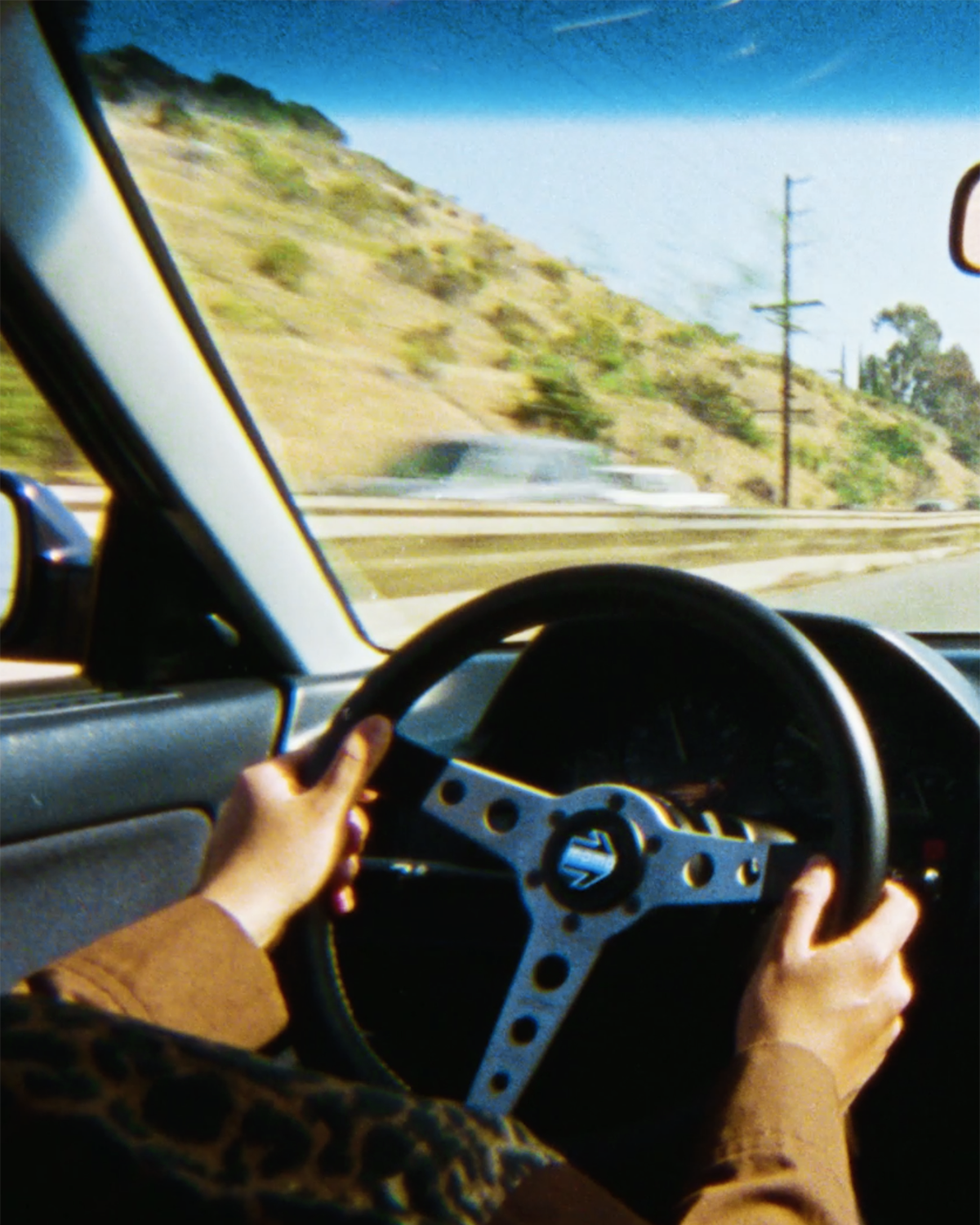
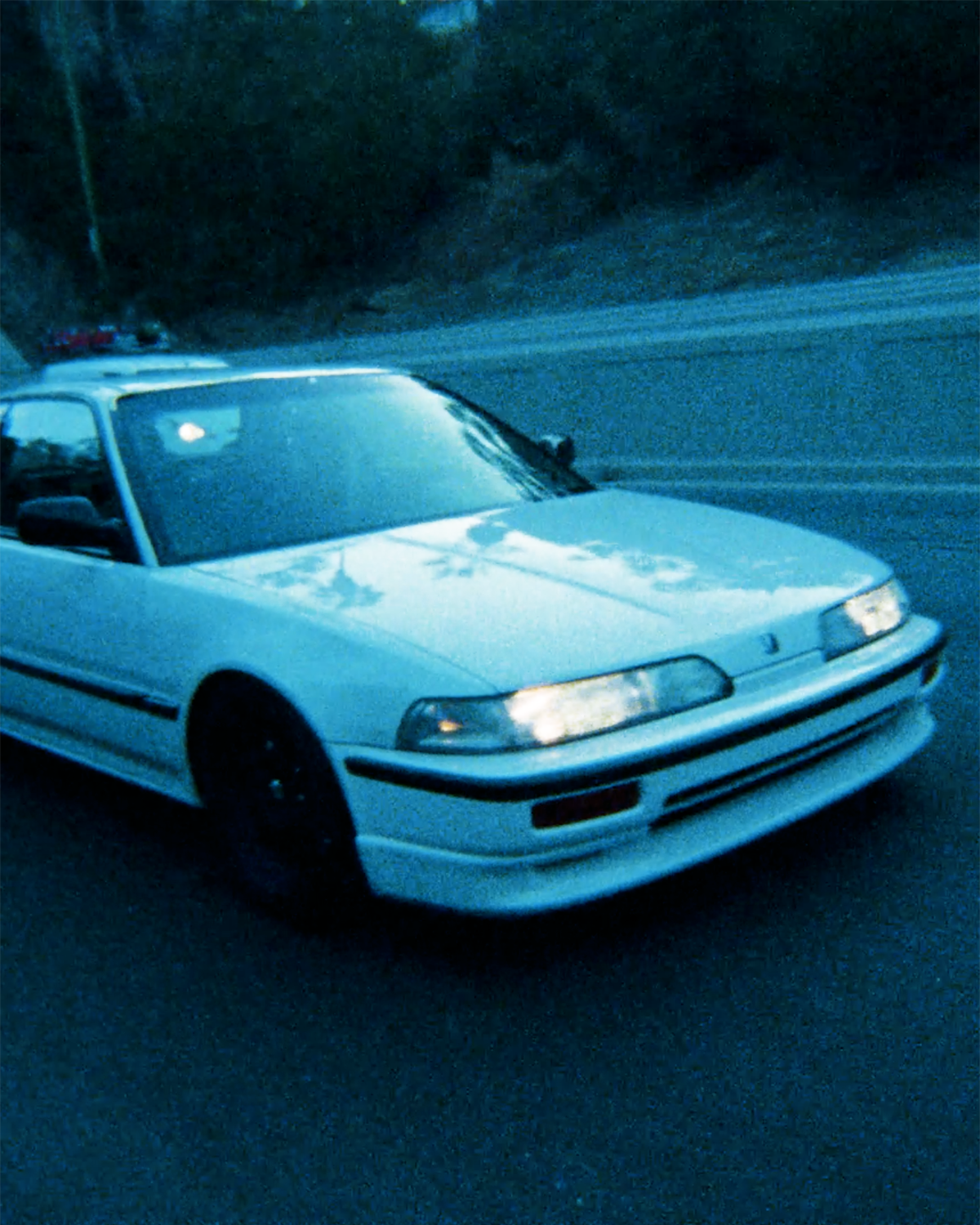
DV 一 You can definitely see that in those cut scenes 一 especially when your song is in one of the parts 一 it just feels so real. It just felt very you. It felt personal. It allowed Her to feel more personal. It allows your work to feel more personal. And anyone can connect to it in a certain way.
JK 一 I’ve realized, the way I want to spend my time is by making things that just really feel impactful, and matter, and things that I love. It’s really the first time in a few years that I’m able to do that and I feel like that’s the shift in the things I’m working on now.
DV 一 Yeah, I feel it.
JK 一 It’s kind of like a scary, but liberating feeling where you’re just like, “Oh fuck!” But you also want to feel so passionate about the thing that you’re doing, that it really matters to you, and there’s no exception. Clothing is uniquely special because it’s so tactile. One of the things that I really love about your approach is that you’re genuinely pulling inspiration from your experiences, and your family, and you can tell that it’s personal just through the approach. And that it comes across as different because it’s coming from your heart in a way. That’s really exciting and inspiring to me.
DV 一 It’s funny that you say that because when I was in the development phase and concepting this whole thing, It’s like, “Fuck, are people going to care?” because what I’m trying to show—it’s so regular. It’s literally in every suburb. It’s like, everyone is into these JDM cars and everyone works on their cars. Everyone listens to this type of music. Like who’s really going to pay attention to this and actually feel like it’s something different. But the response to everything that’s out so far it’s like—I’m not surprised by it because I guess it is relatable in a way, but I’m just shocked that people care about it. I wasn’t expecting it at all because it’s very much for me and I just wanted to put it out into the world.
JK 一 There’s this saying that I love and that I’ve always used as one of my north stars which is, “In the deeply specific is the deeply universal”. When you really delve into yourself, you find the core of the onion. When you really dive in and you get so specific to your suburb, and your uncles, and your memories, and the clothes they wore, and how they styled it 一 it becomes really personal. It’s San Diego, which is like, “Yeah, who cares?” in a way, but at the same time, it almost makes it more special - because you care, and everyone has their version of that. You can tell when something really has a soul.
Insatiable High “Preface” Fall 2021 Available now on insatiablehigh.com
